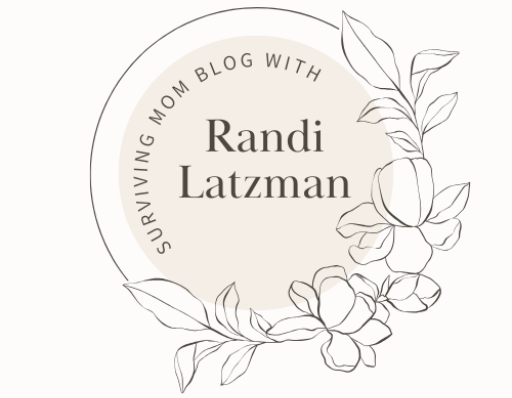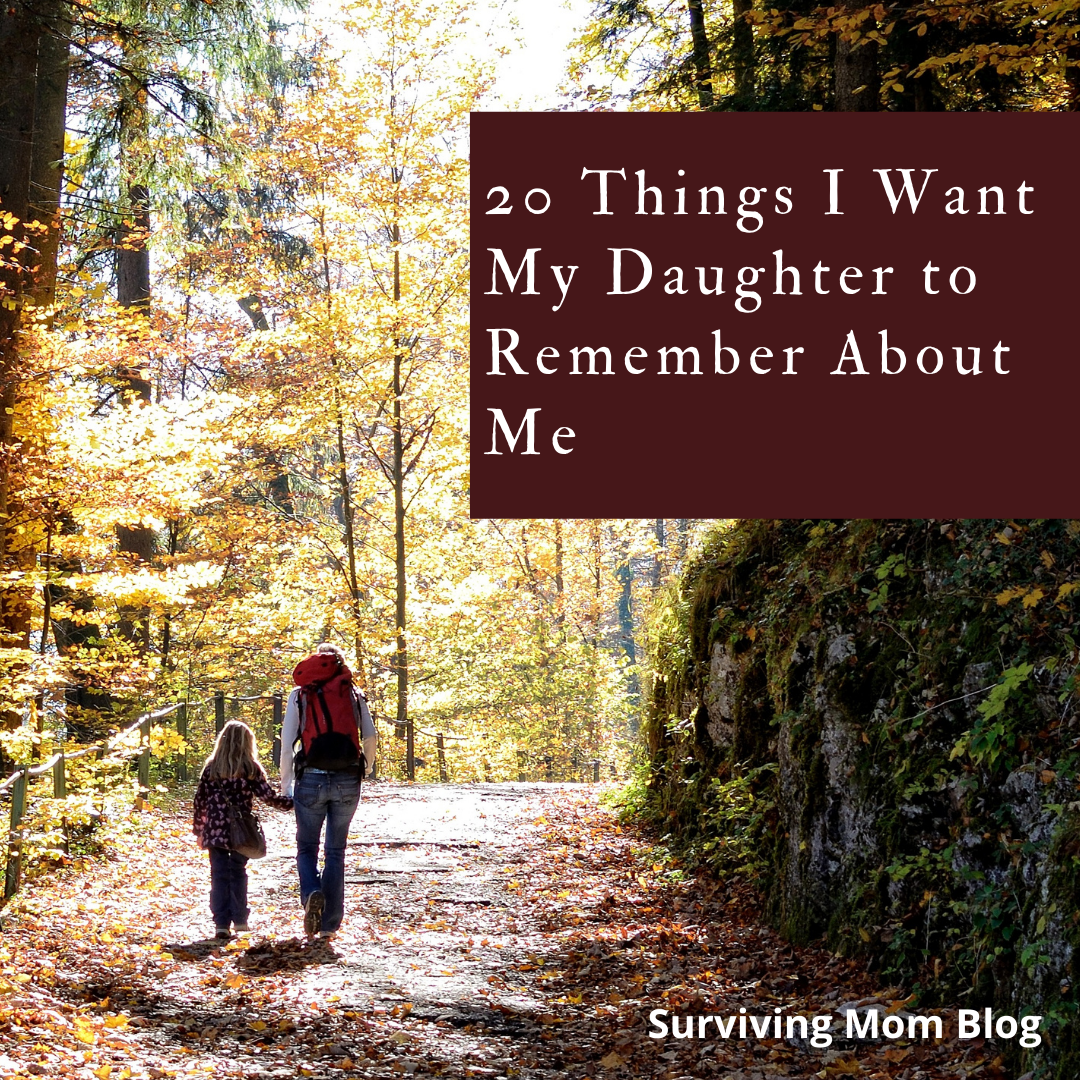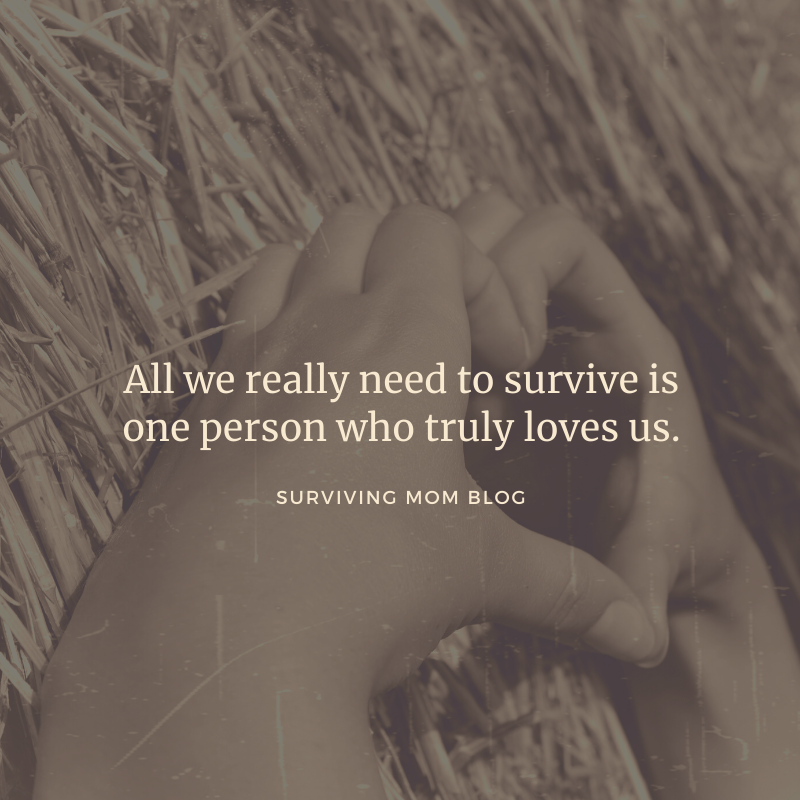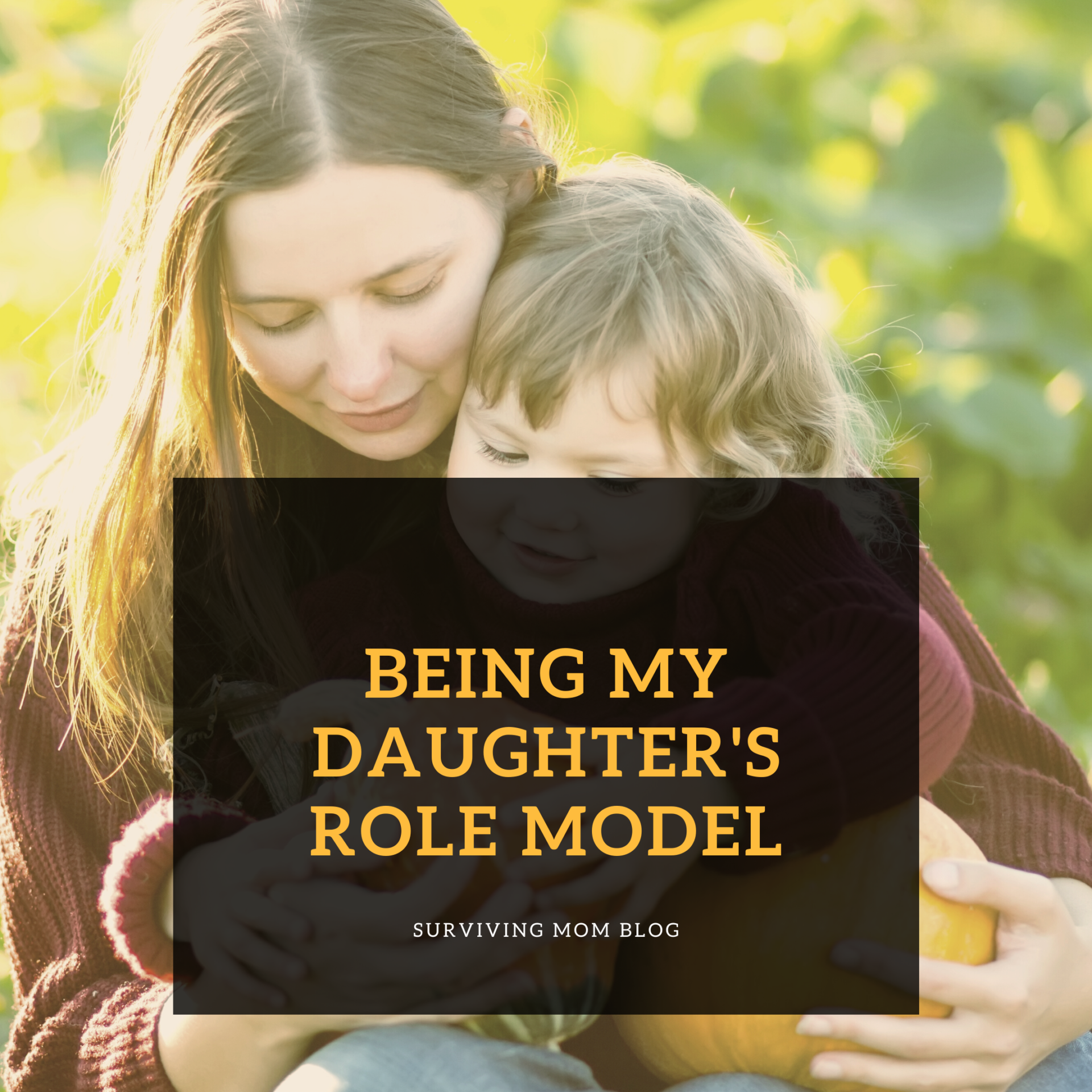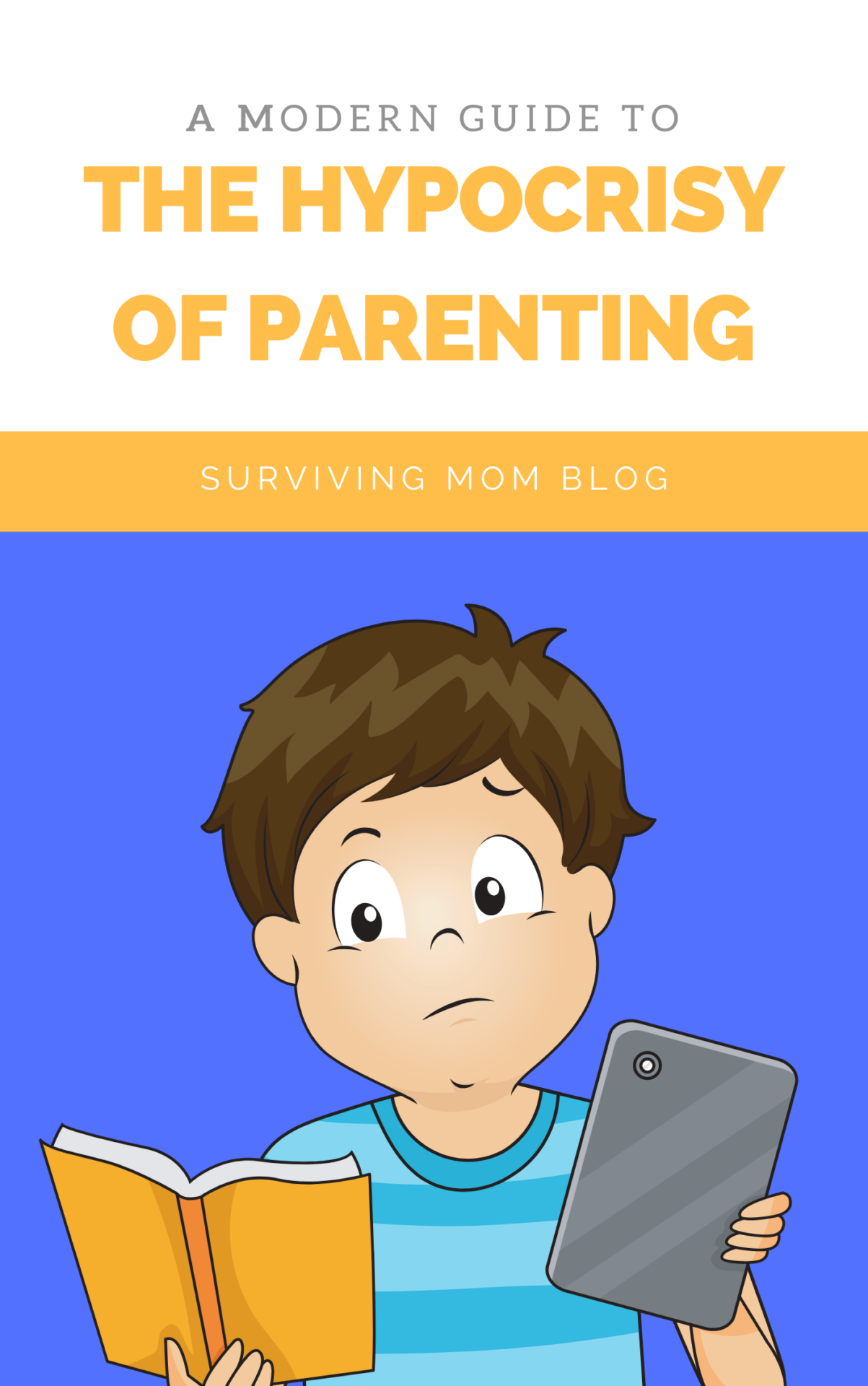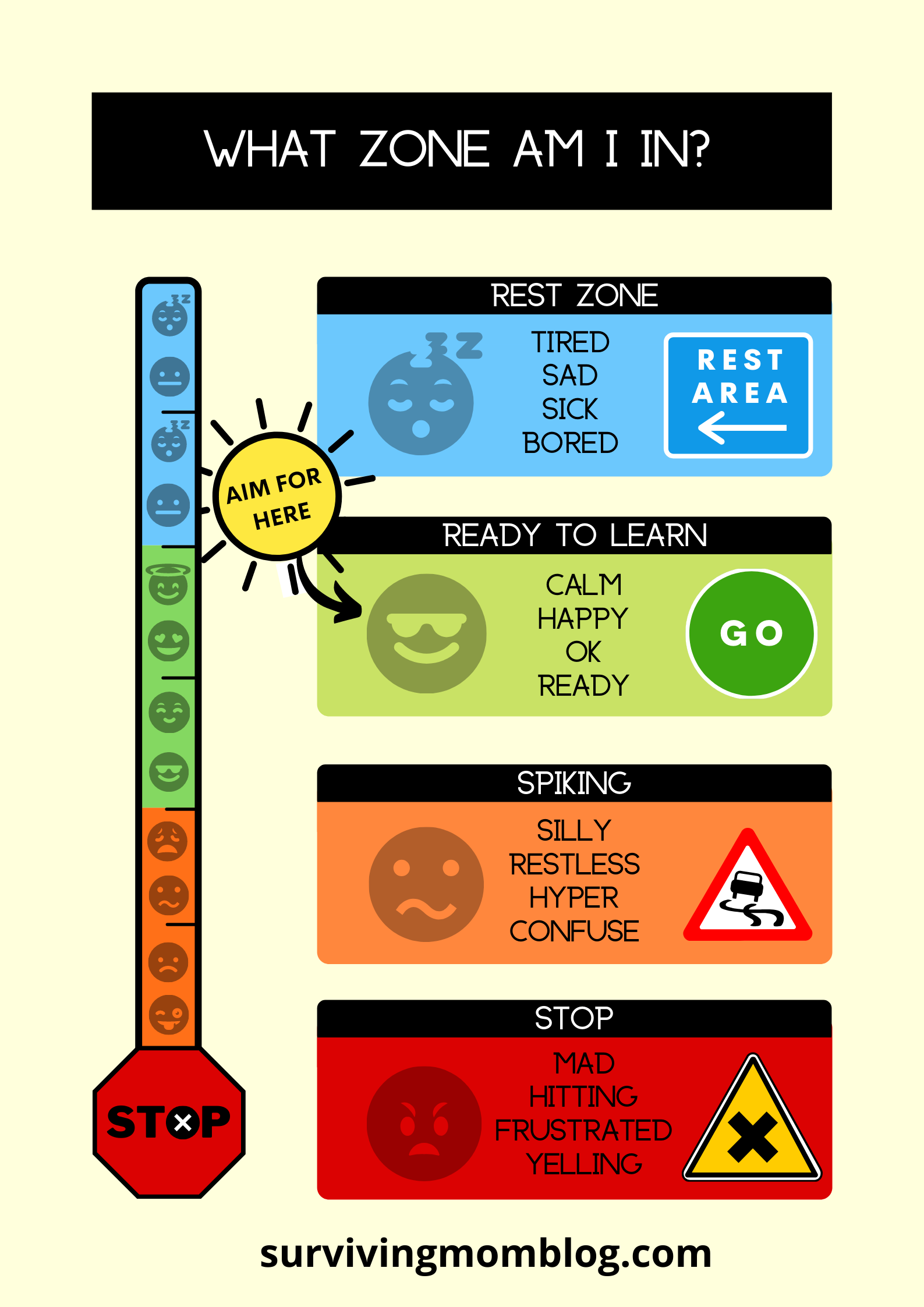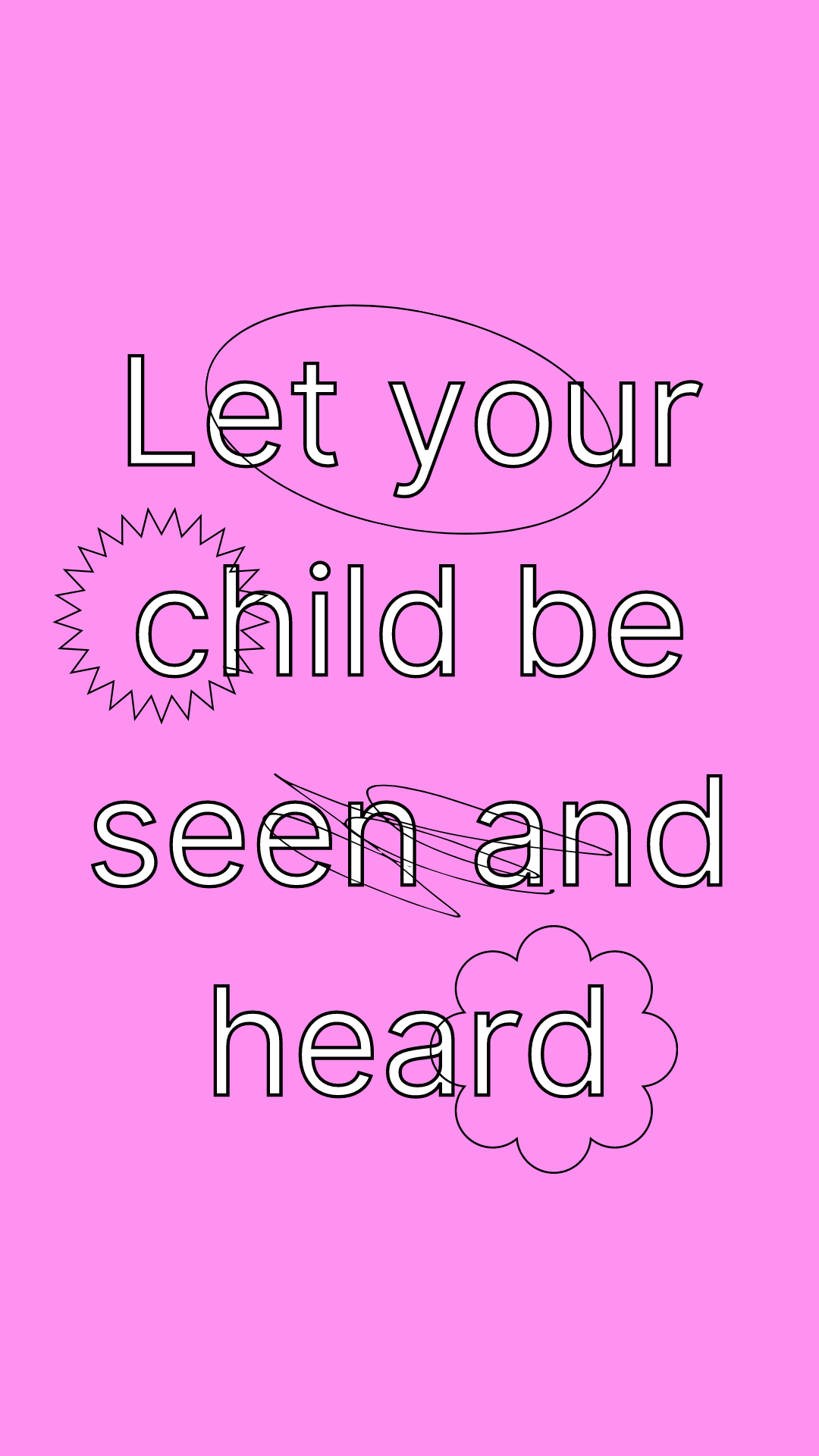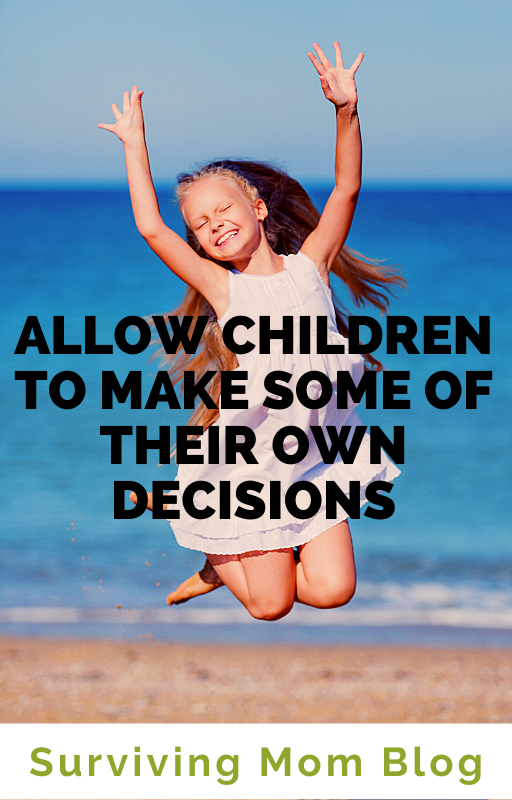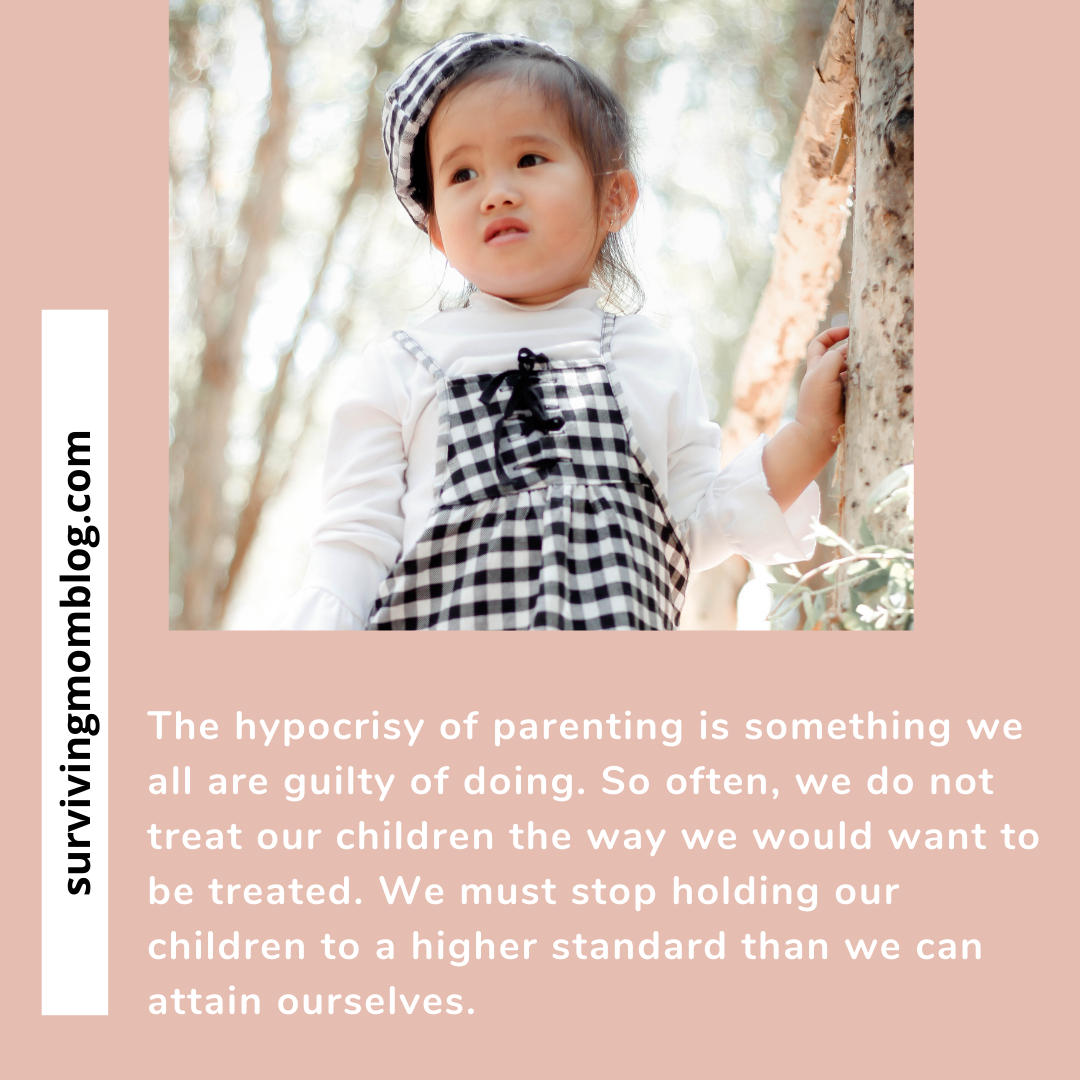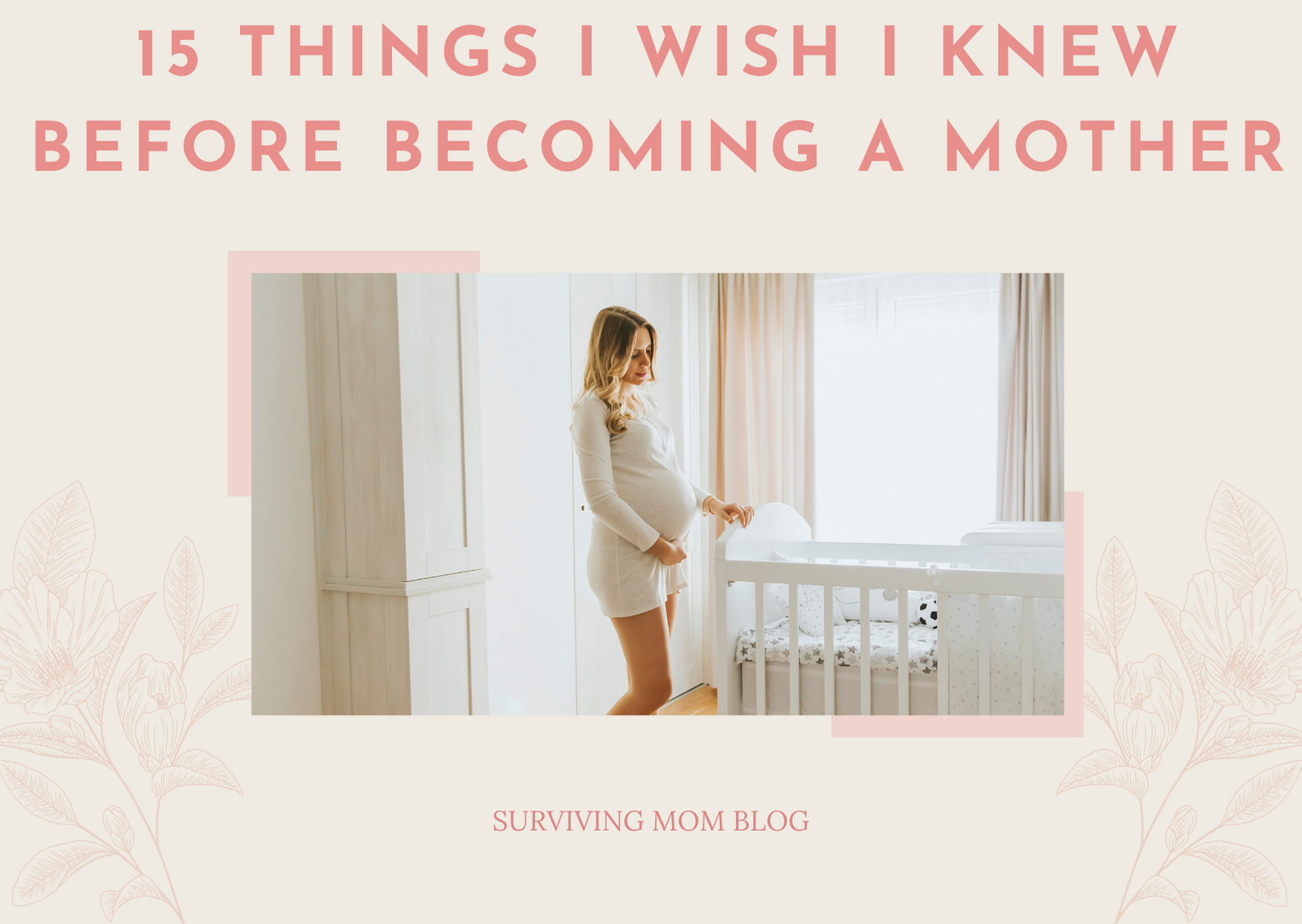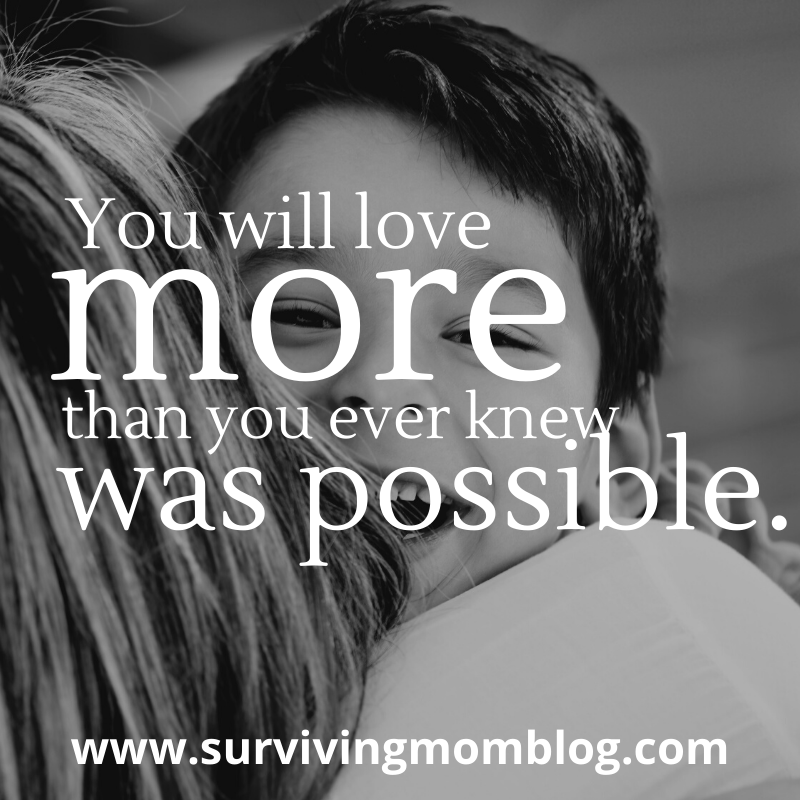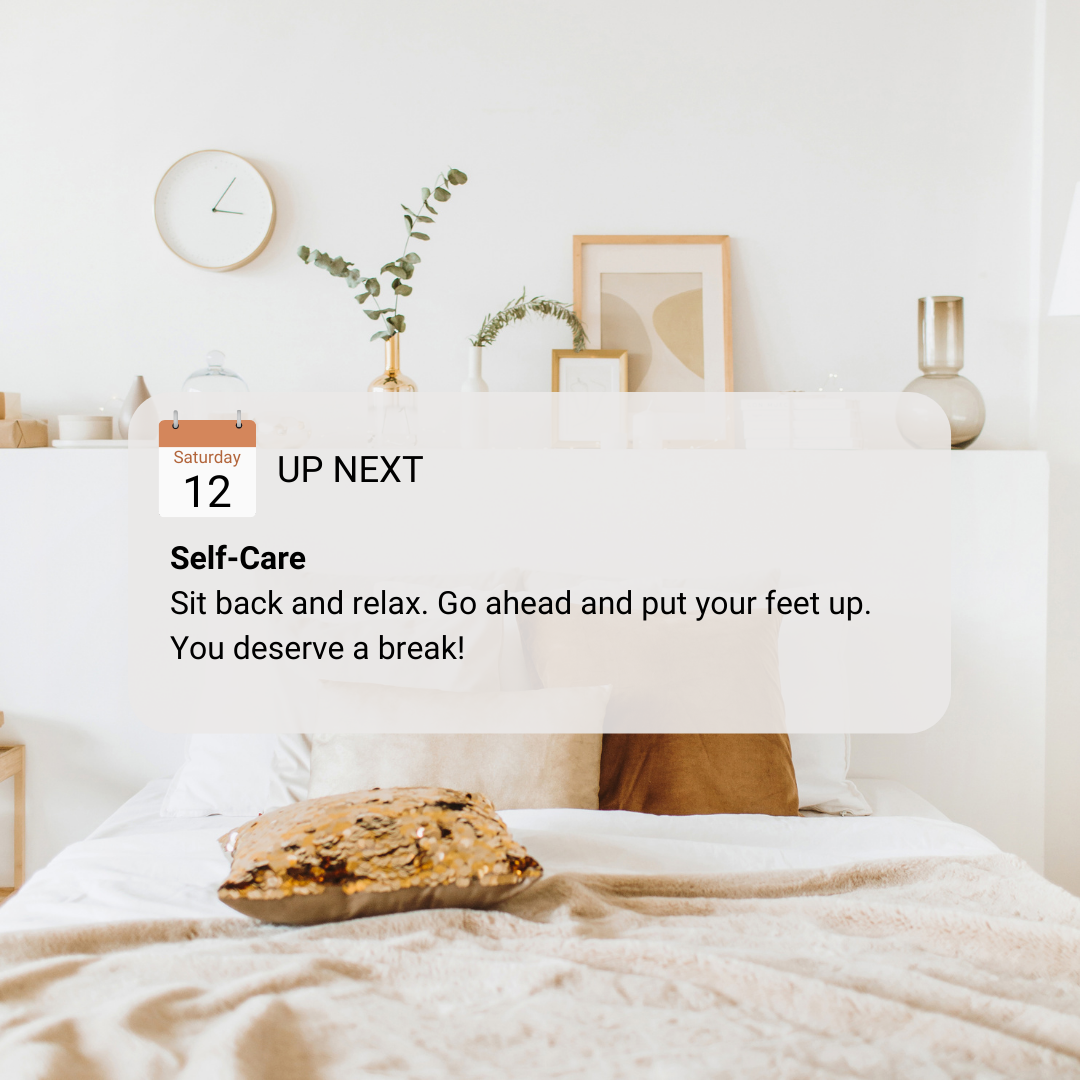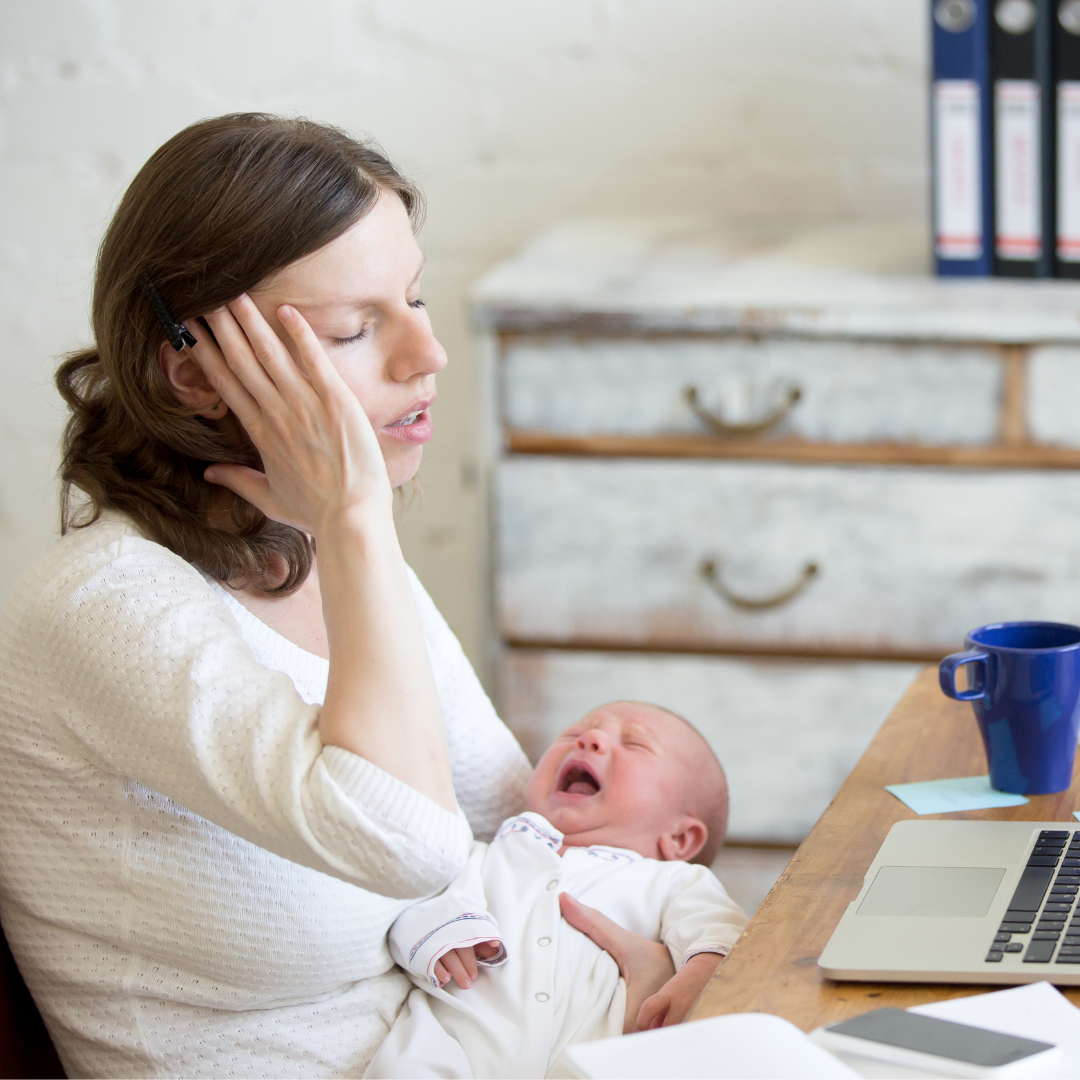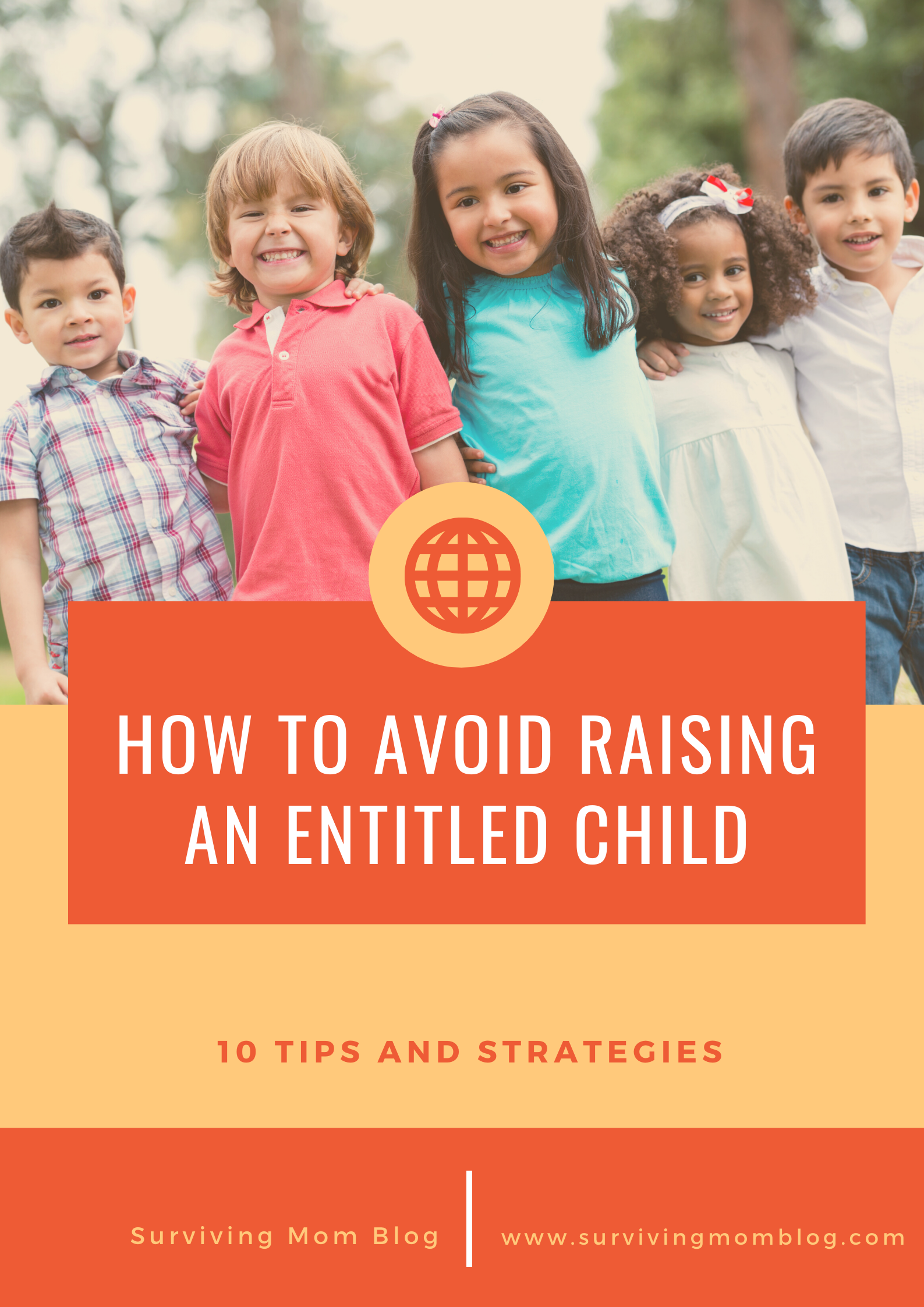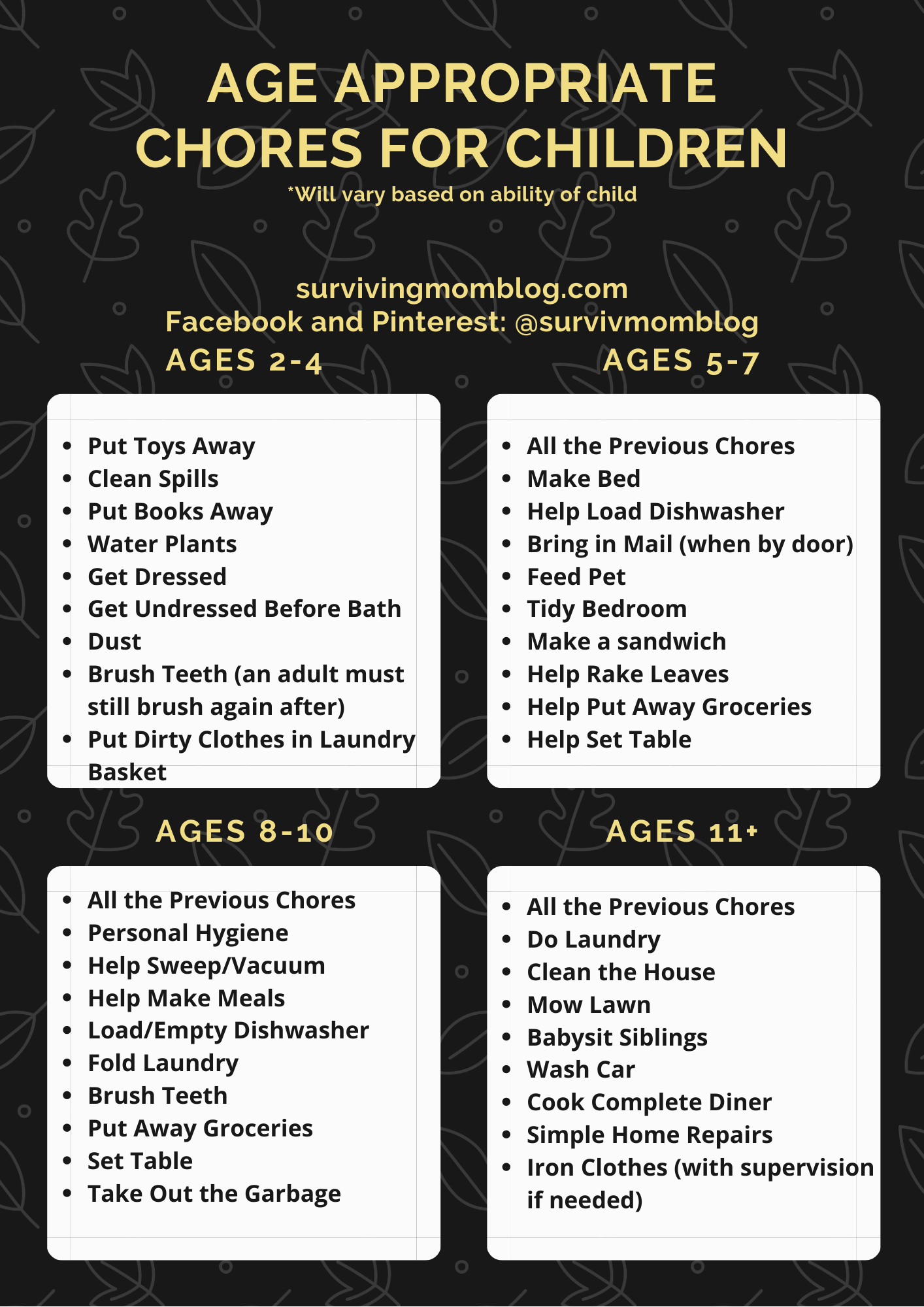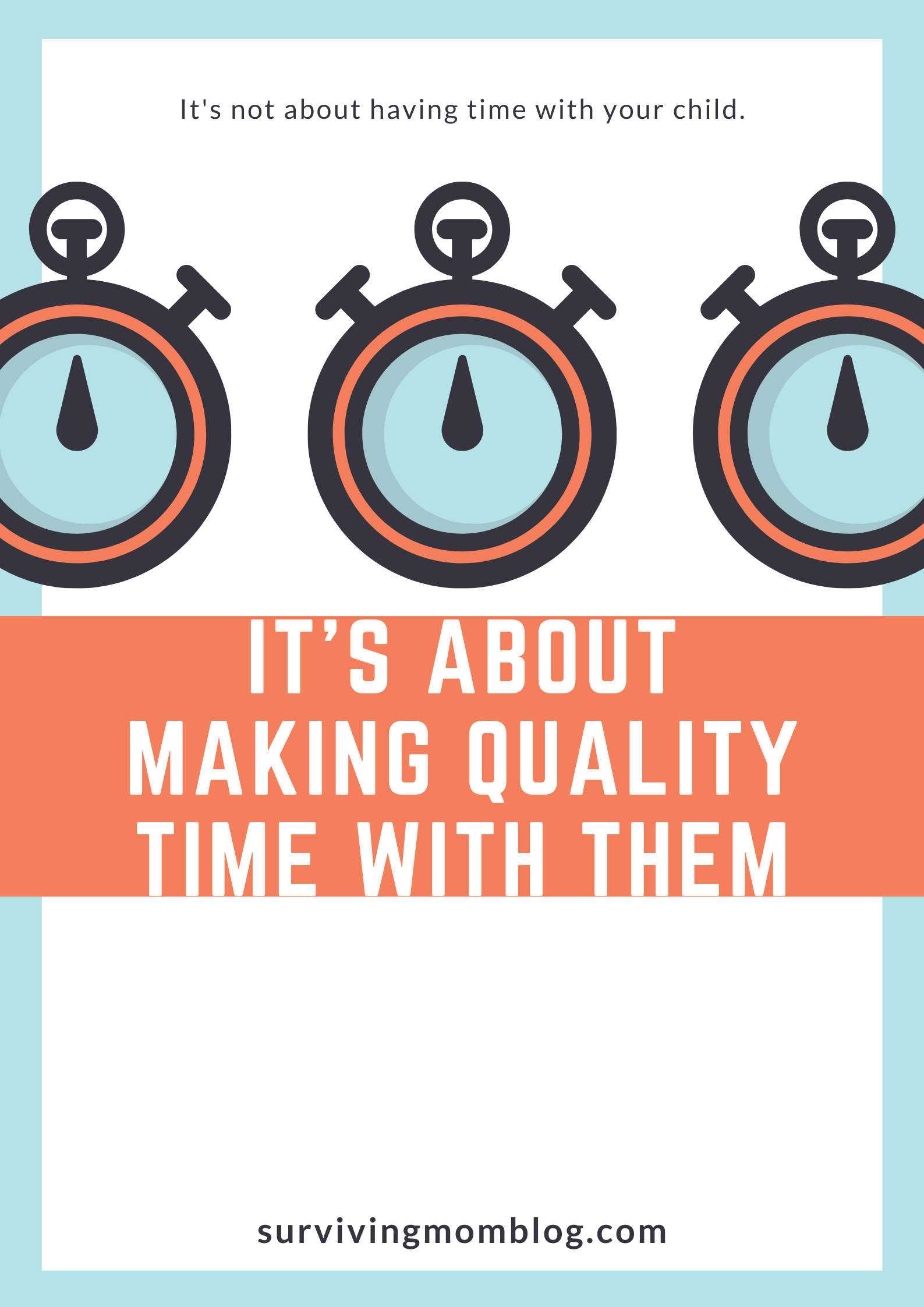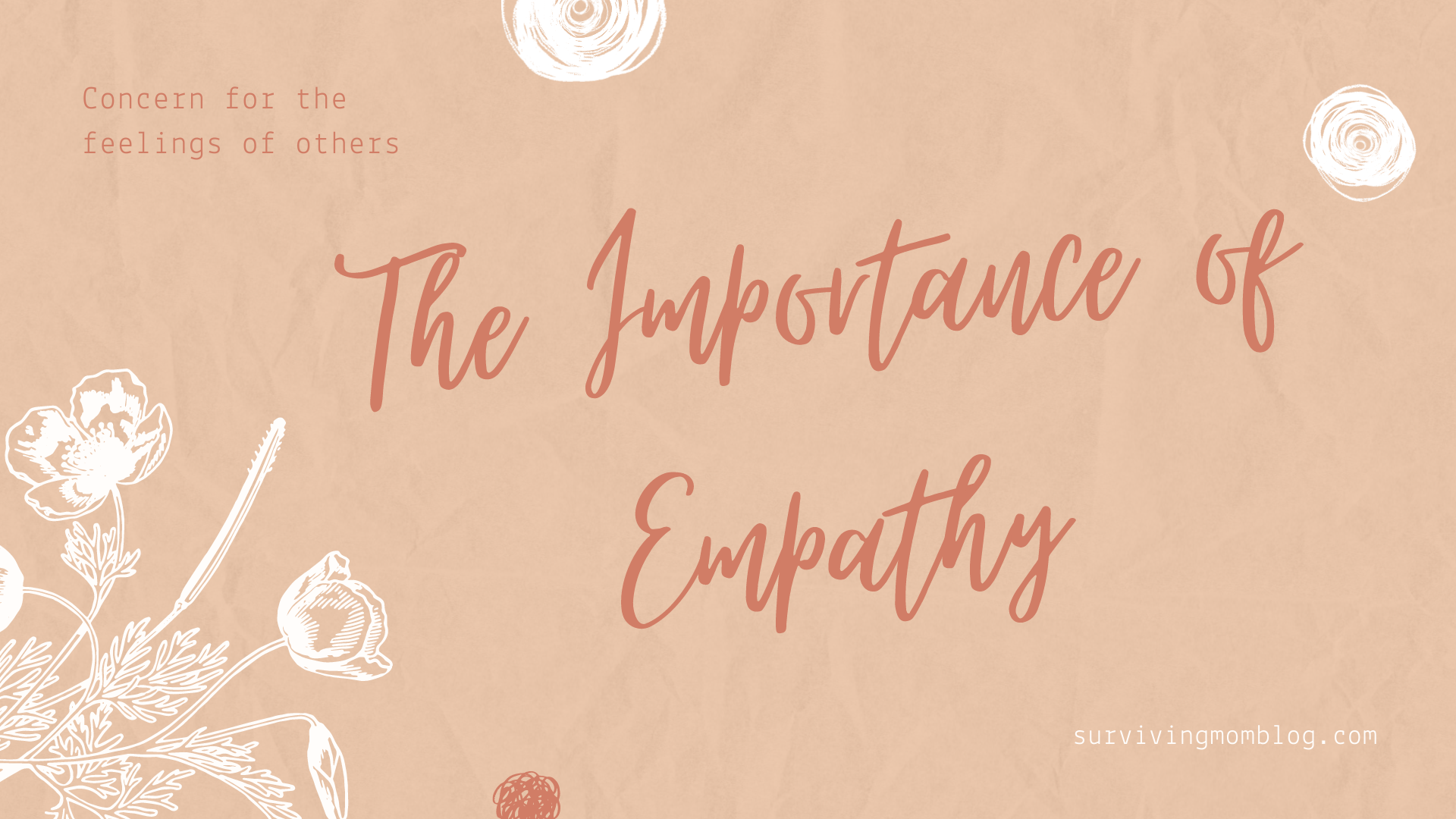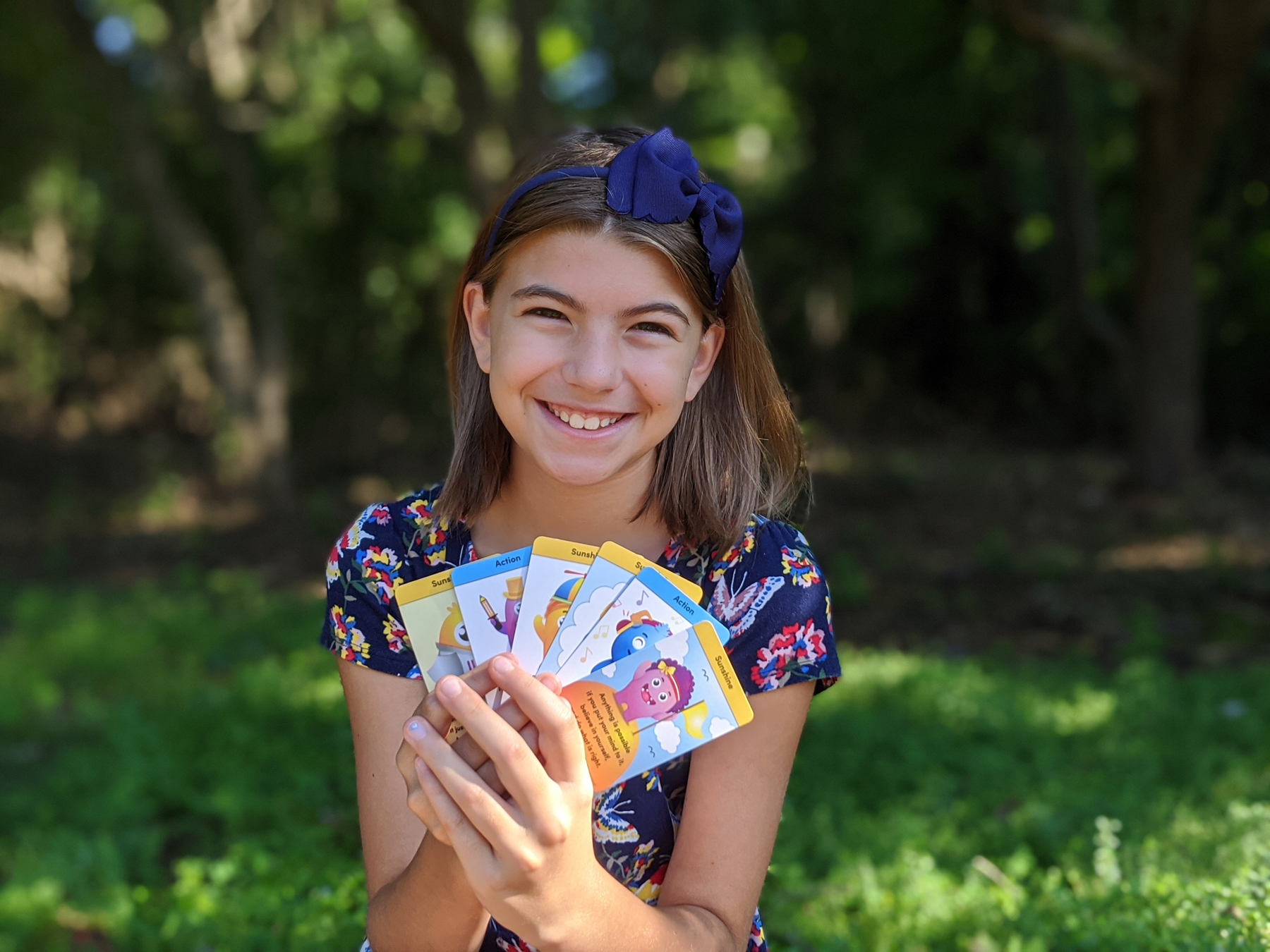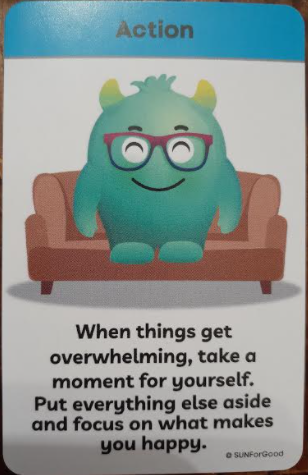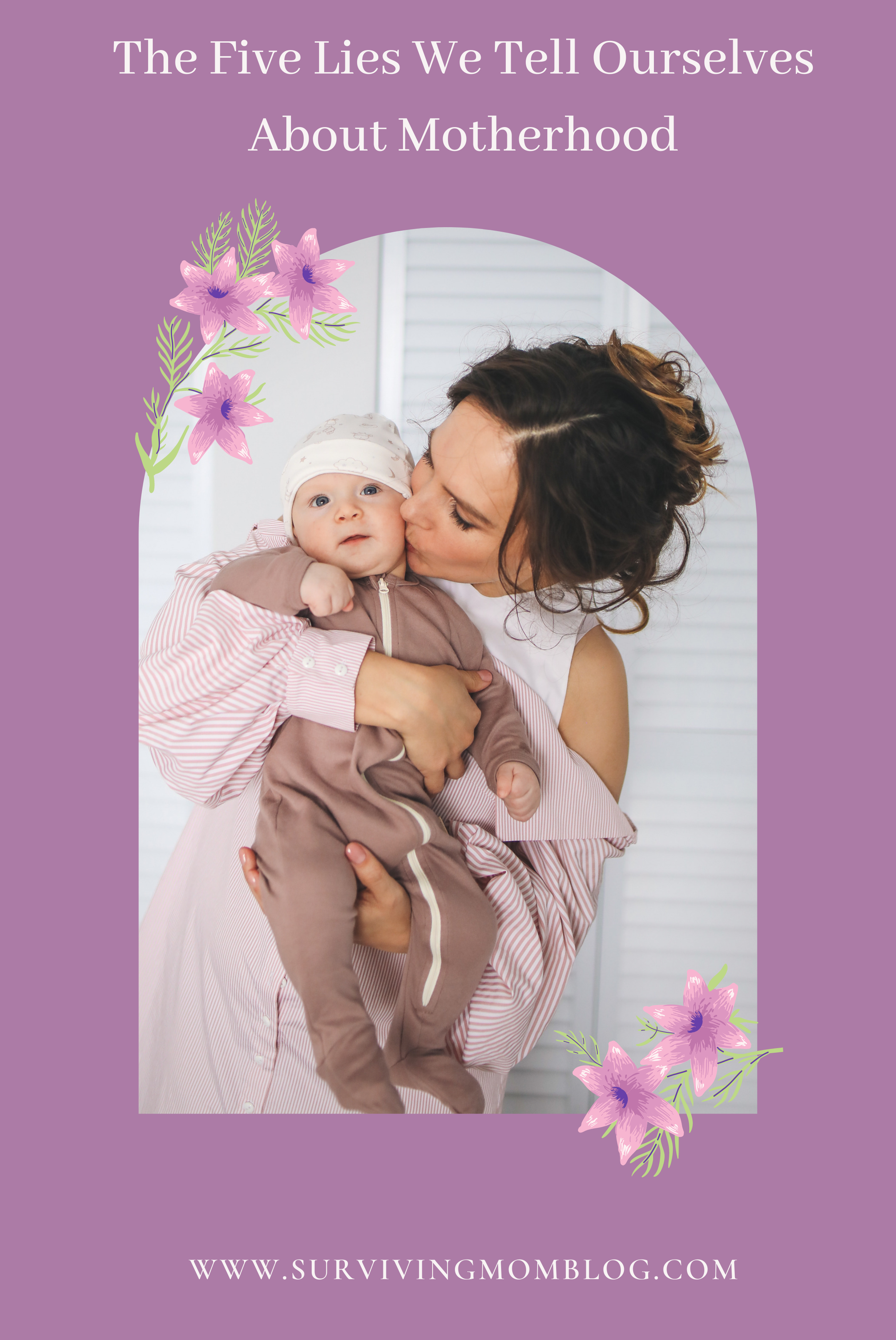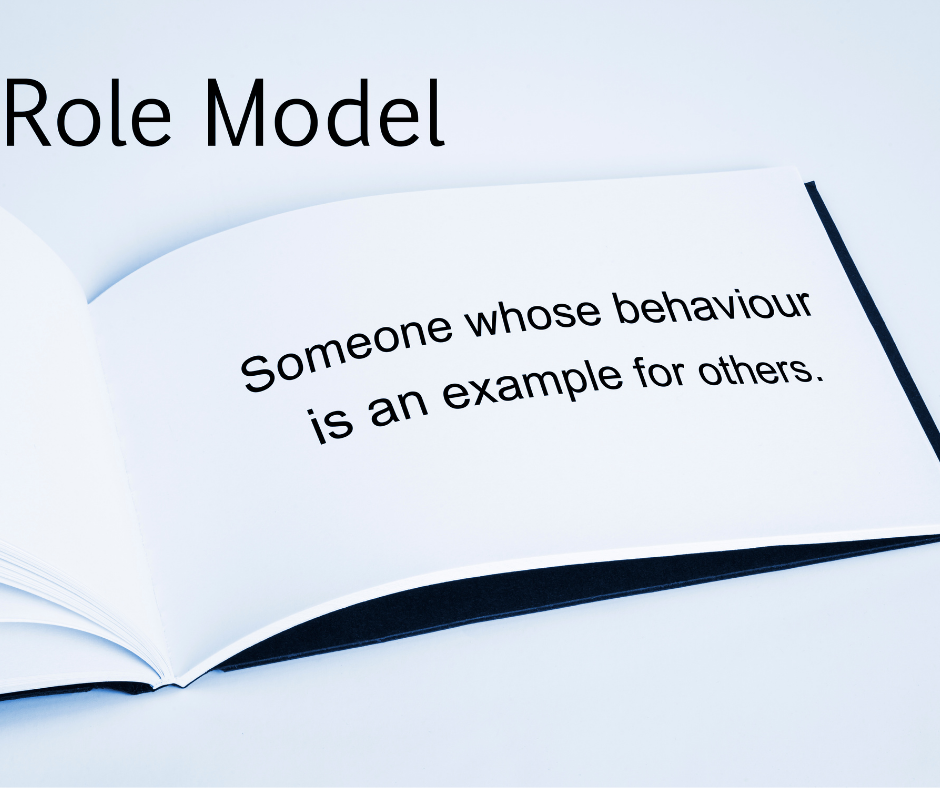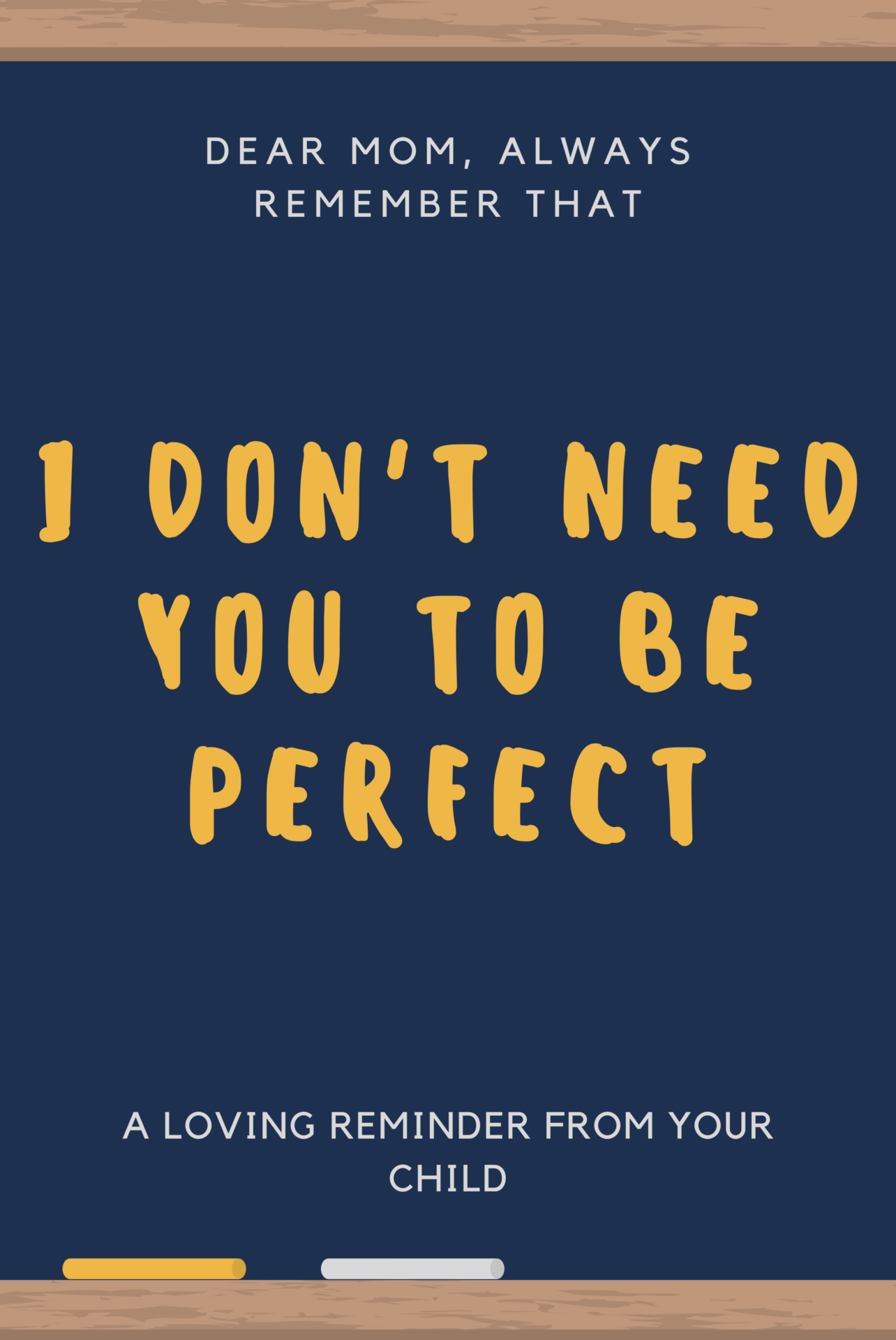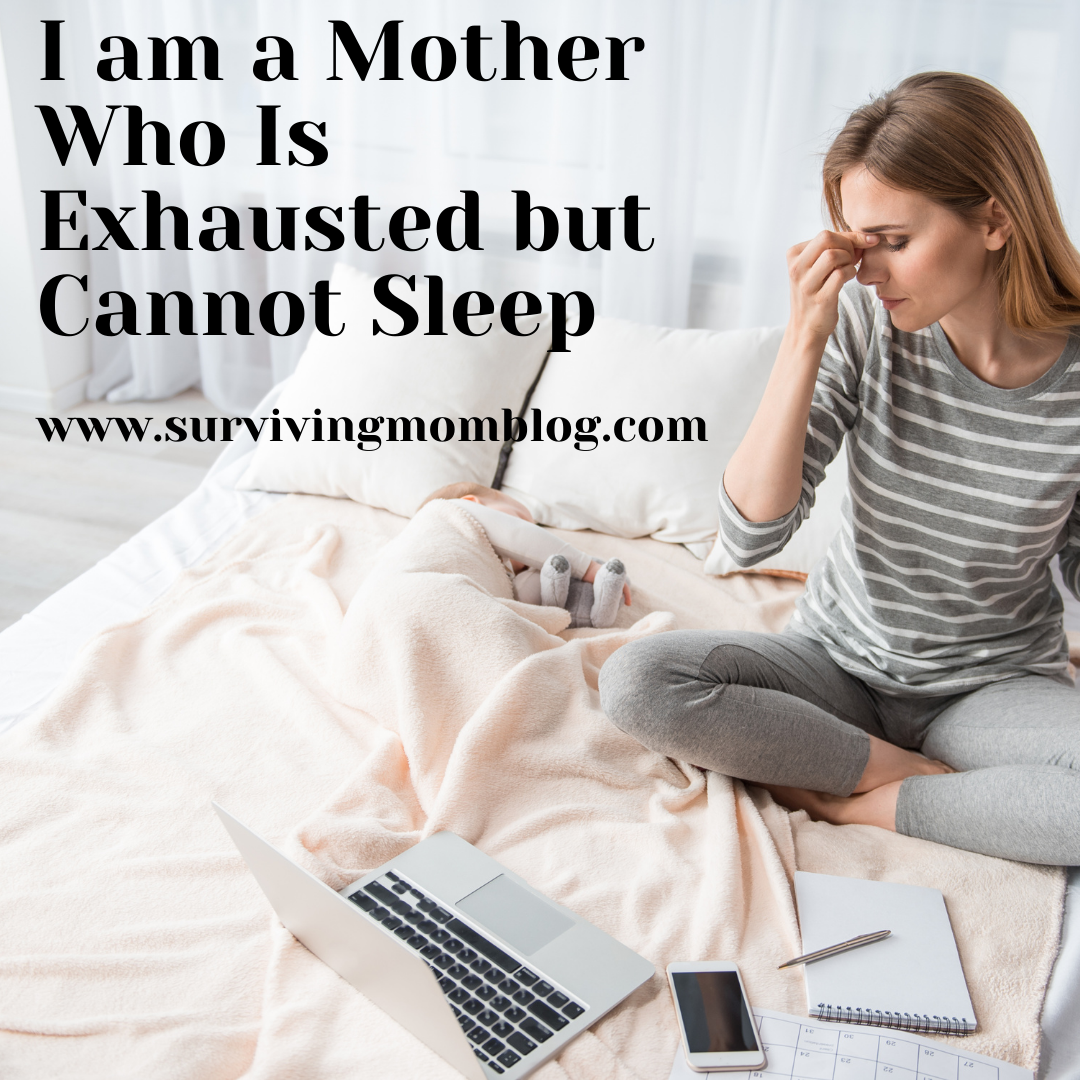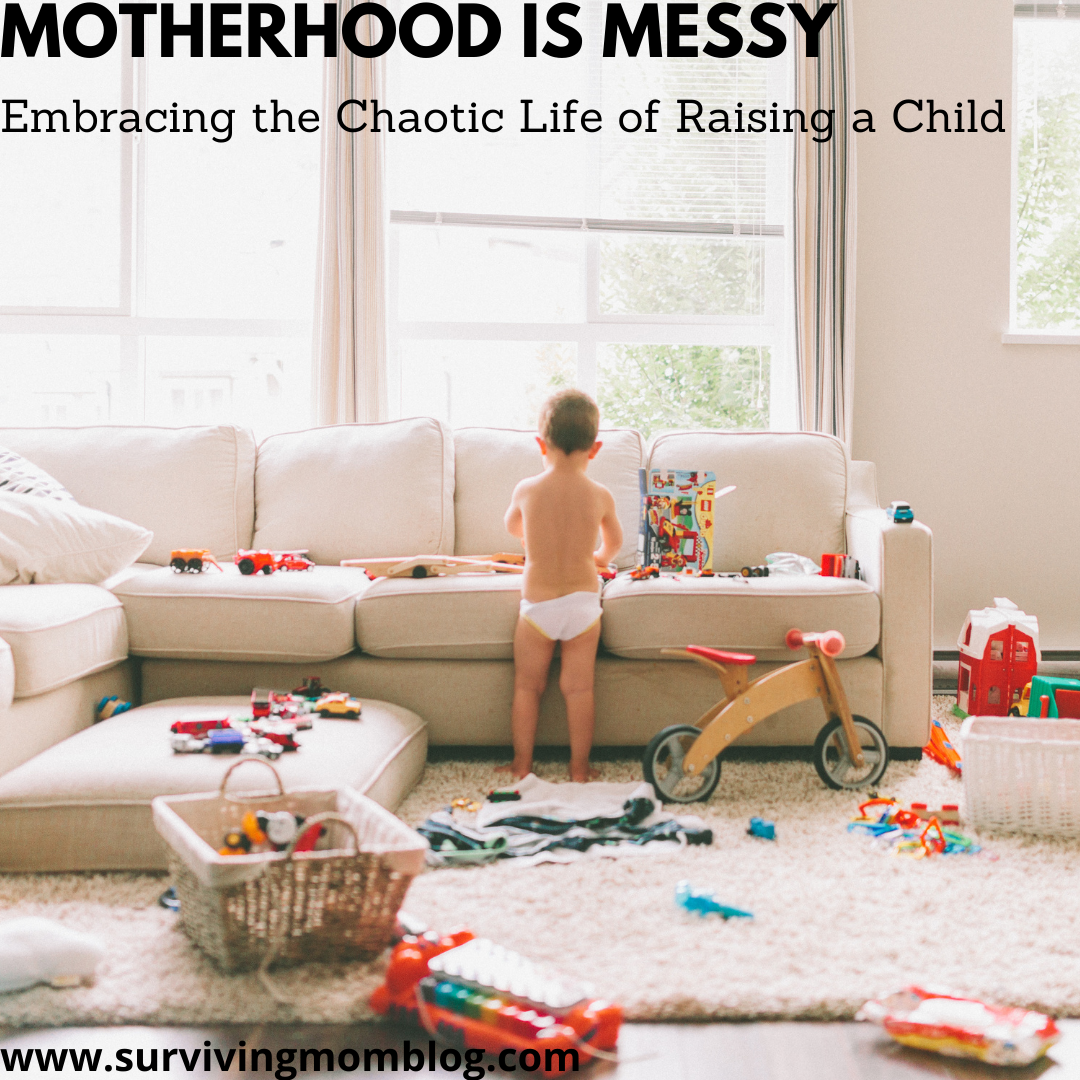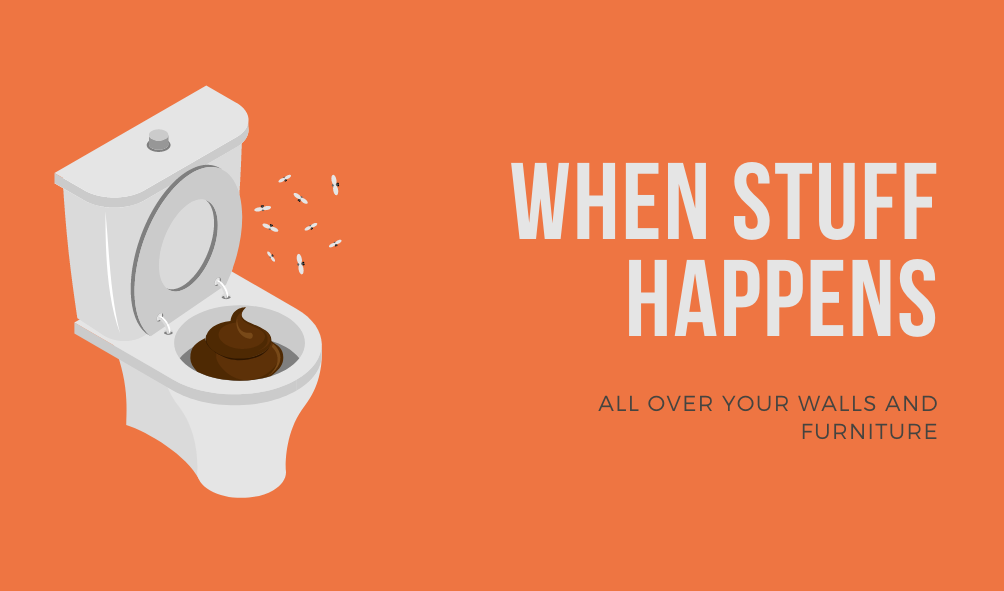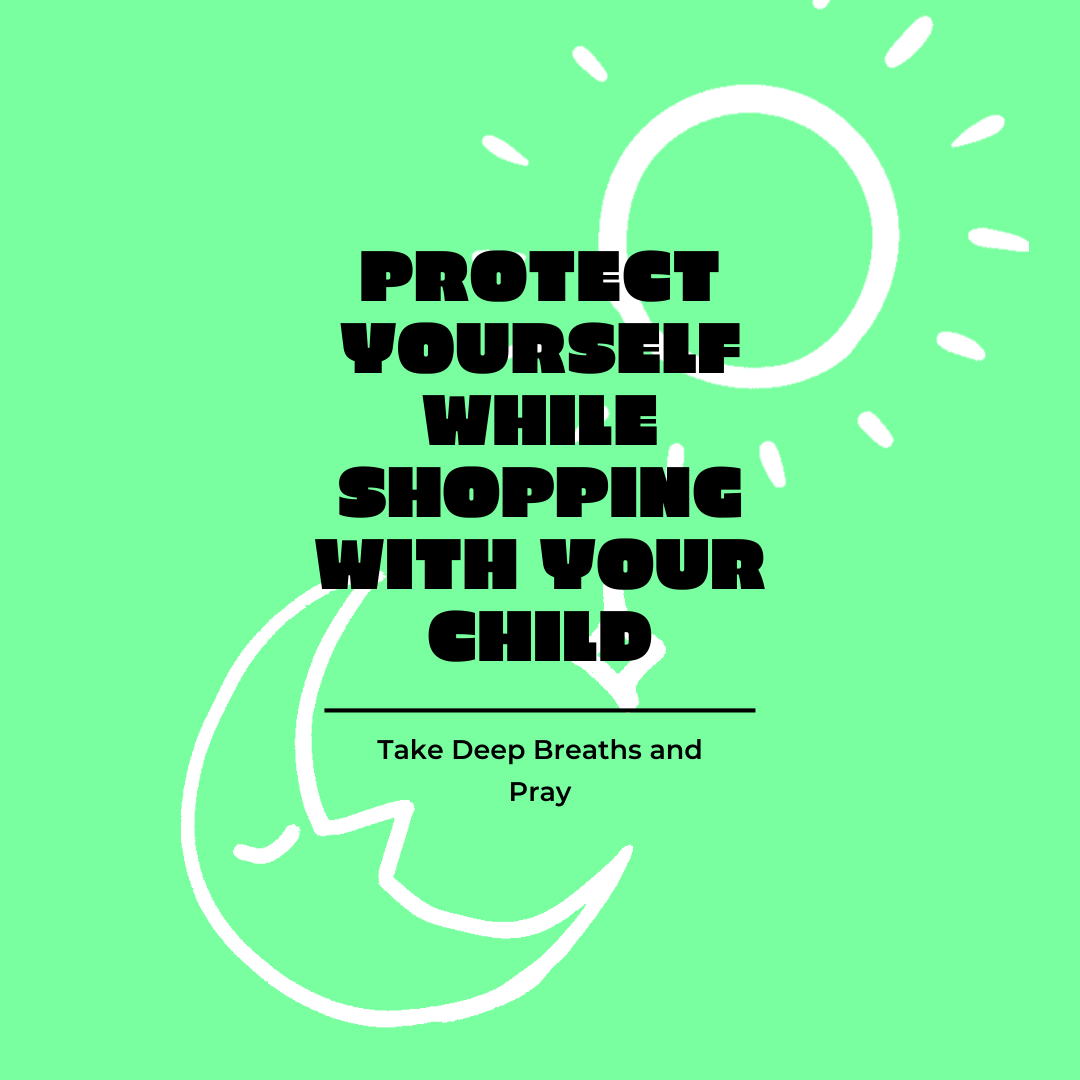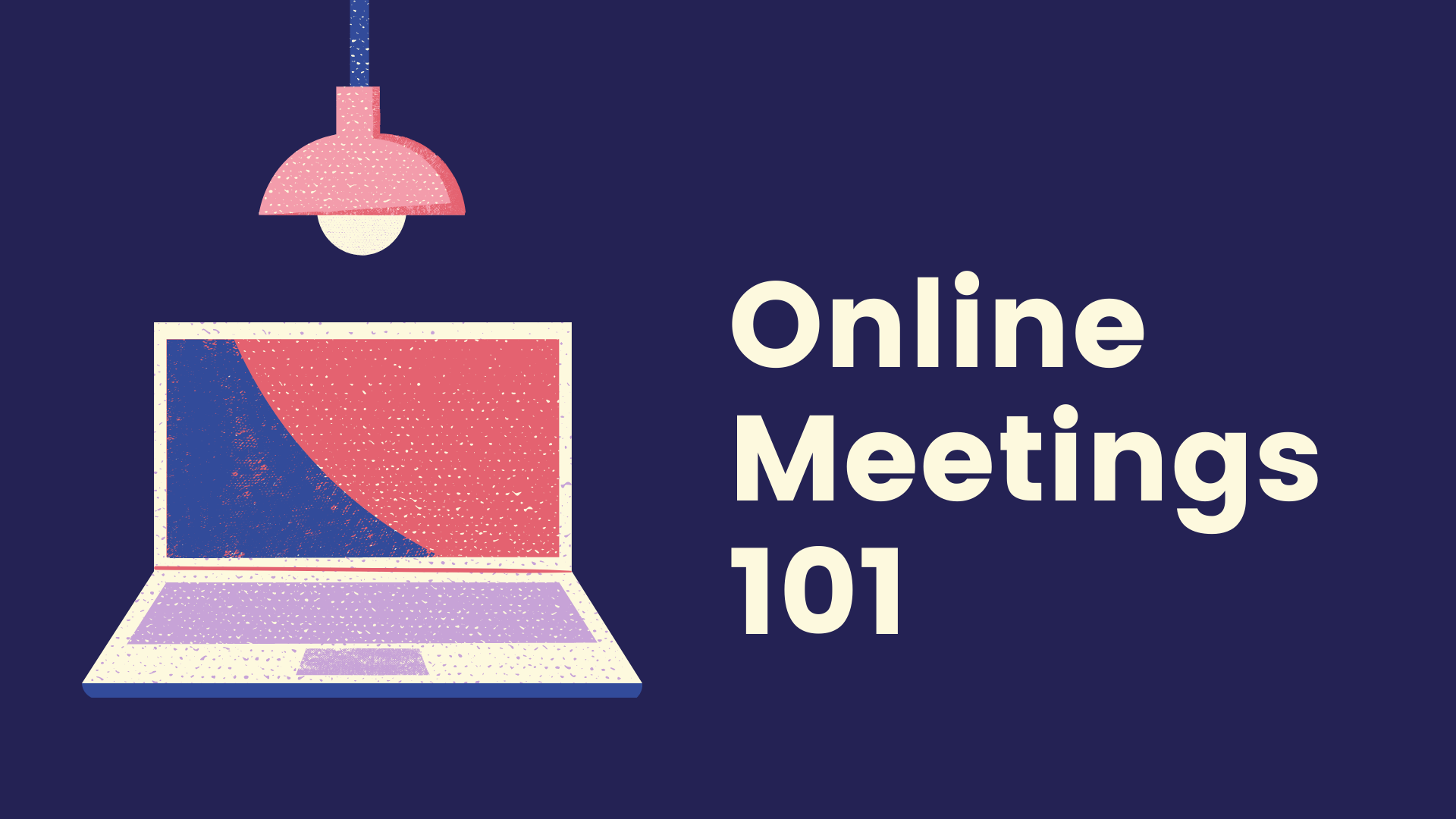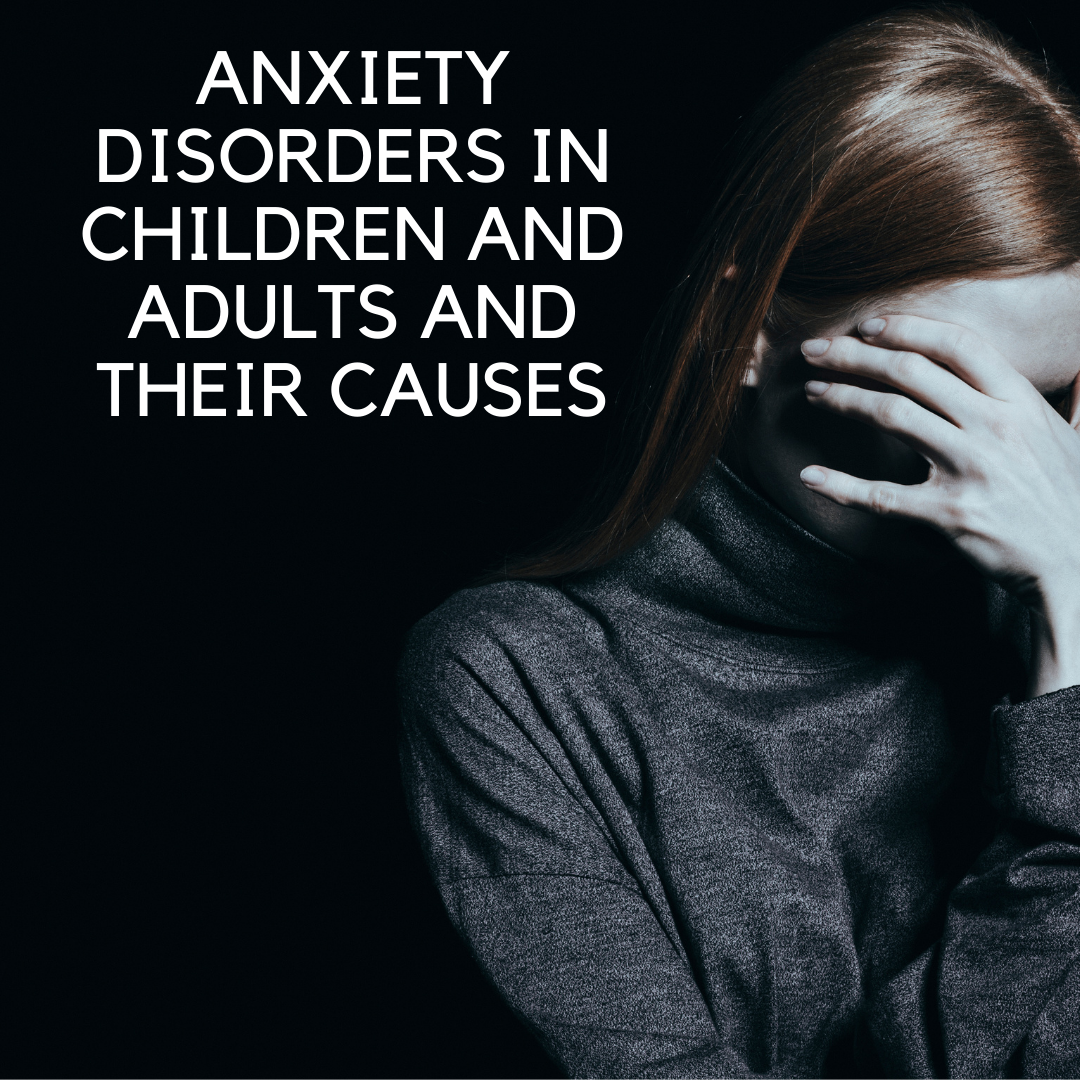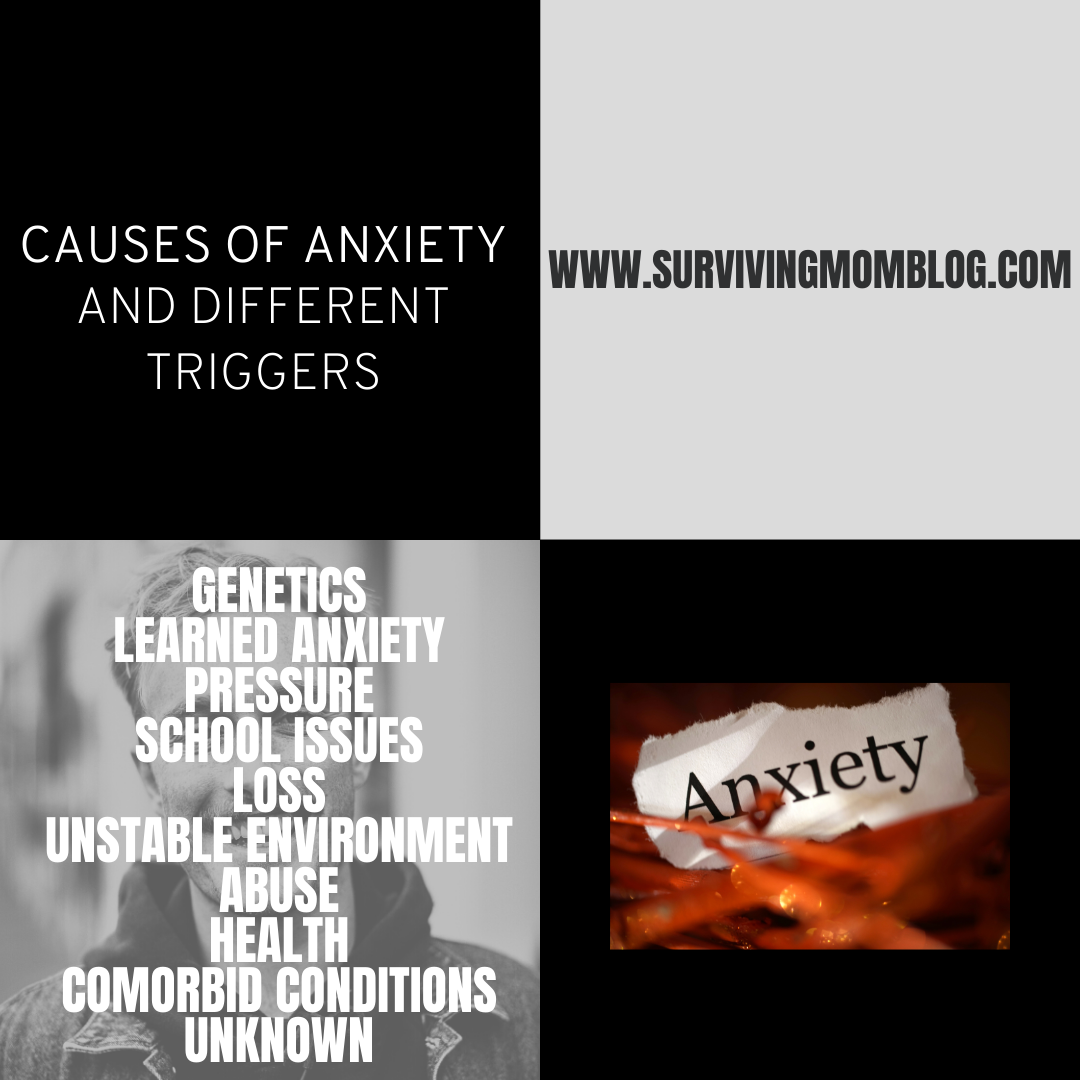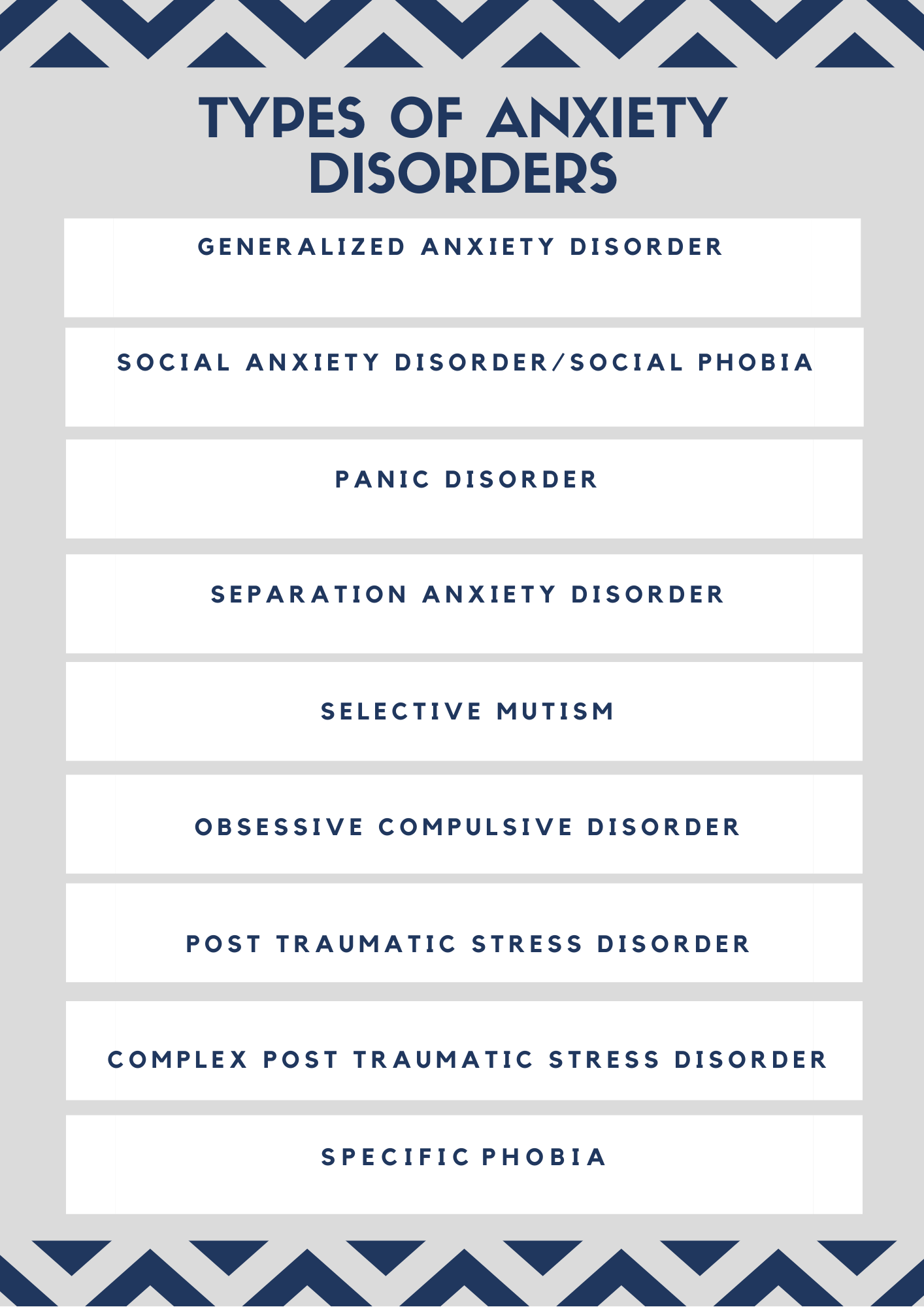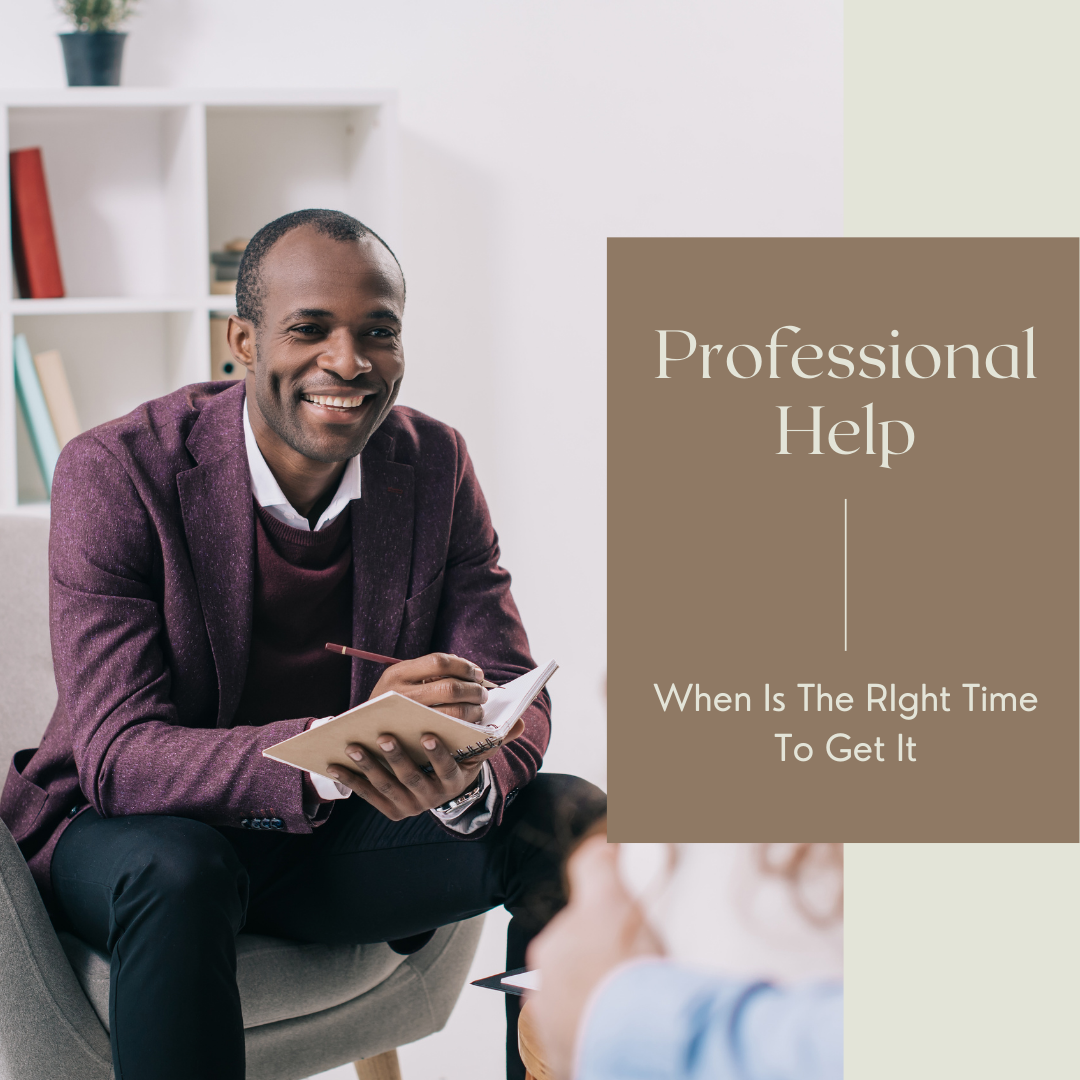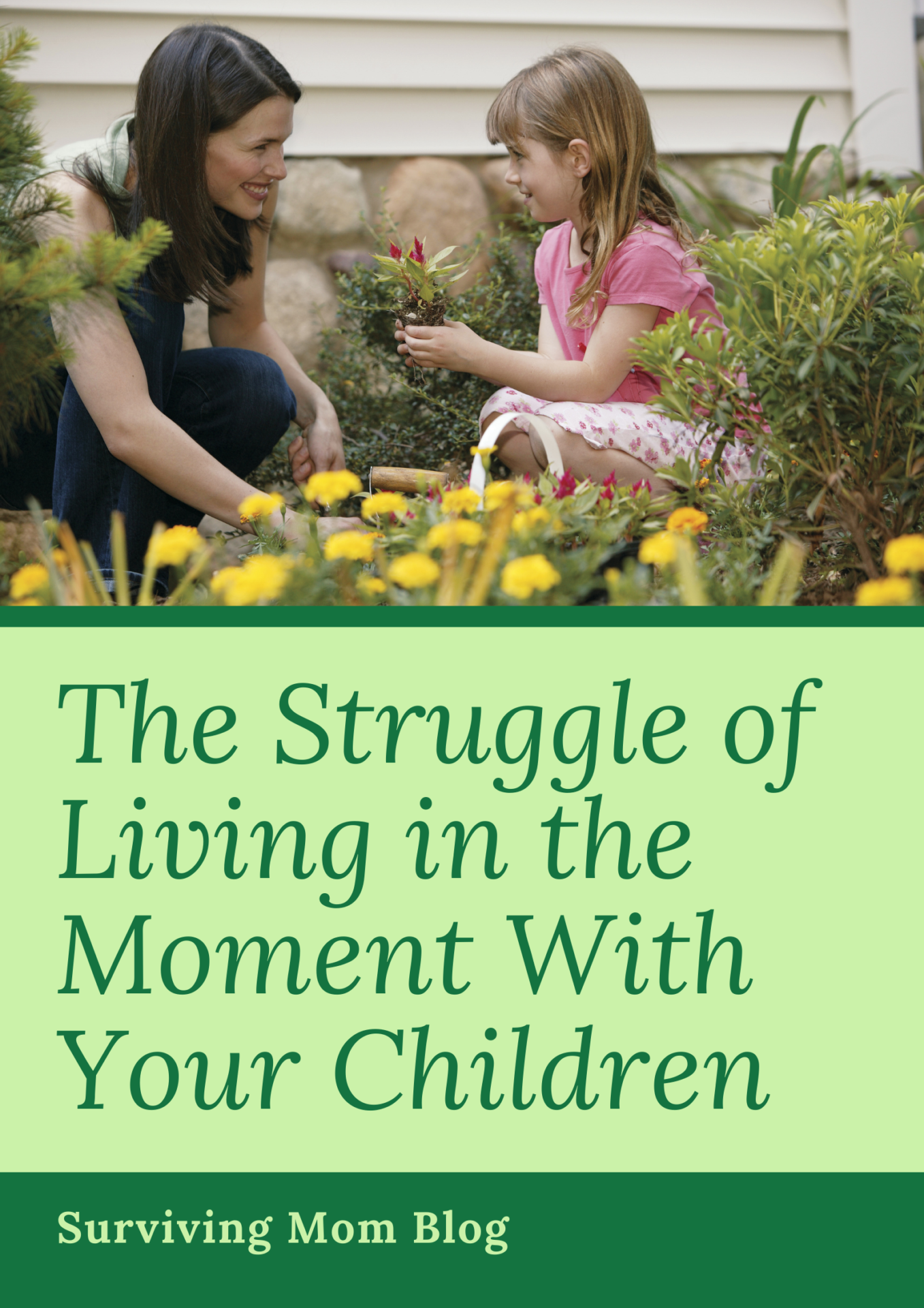
One of my biggest parenting challenges is living in the moment with my daughter. To be fully transparent, I always struggled with my daughter’s current age/stage of life. I spent most of my child’s life either staring in the rearview mirror or looking ahead.
I WASN’T LIVING IN THE MOMENT WITH MY DAUGHTER
When my daughter was a newborn, I remember feeling so exhausted and overwhelmed. I had to put my daughter’s pacifier back into her mouth throughout the night in addition to breastfeeding. I wanted her to be able to put her pacifier in her own mouth. Also, I wanted her to be able to sleep for longer stretches without needing milk. It felt like my world had completely turned upside down. There was no room for me or my needs because taking care of her was so all consuming.
When she started sleeping for longer stretches, I still didn’t live in the moment. I wanted her to get a little older so she could communicate with me. I thought parenting would get easier when she was more verbal and also more mobile.
When she became a toddler, I couldn’t wait until she was potty trained. I was tired of changing diapers and her endless response of “no” to everything I said. I thought that once that stage was over, I would then be able to live in the moment.
Her Sensory Processing Disorder(SPD) was diagnosed at 4, and by then I already suspected she had Attention Deficit Hyperactivity Disorder (ADHD) . I understood why independent play and impulse control were challenging for her, but it didn’t make it any easier for me.
I yearned for time to myself when I wasn’t constantly getting tugged, grabbed, pulled, Called for, Whined to, and needed.

Despite all the years of wanting her to get older, at the same time, I cried every year on her birthday. When she became an infant as opposed to a newborn, I cried. Each time she was about to turn a year older, I cried. I both wanted to reverse and fast forward time, but never could embrace the current time.
When my daughter started school, I was a complete mess. Despite wanted some breathing room, I was beside myself that now my child had an entire new world separate from me. We had done everything together, and that was no longer the case. I cried when she went to school three days a week part time, and five days a week part time. When she went five days a week full time, I was inconsolable. I got what I thought I wanted all along, but it turned out that once I got it, I wanted nothing more than to give it back.
When Brielle became school-age, I started dreading her getting older. I remember her eating cheerios in her highchair, jumping in her jumperoo, and holding her arms out to me and saying “mama” for the first time. Truthfully, I would give anything to be able to rock her to sleep in my arms one more time.
I am haunted by how the years seemed to fly by.
I want to yell at myself that I didn’t cherish it more. My daughter is going to be nine years old, and the things I used to complain about are now the things I miss so deeply. It is the ultimate cosmic joke.
The expression that comes to mind is, “Be careful what you wish for.” Not only do we fail to live in the moment with our kids, we fail to embrace whatever stage we are in in our own lives. As children, most of us wanted nothing more than to get older and to feel like an adult. Once we were adults, we wanted nothing more than to stop aging. Not only do we fail to see that life isn’t greener on the other side, we make the mistake of thinking that reversing time or moving time forward will make us happier. Spoiler alert: it is not the case.
I NOW APPRECIATE WHAT IS IN FRONT OF ME, EVEN THOUGH IT CAN BE DIFFICULT AT TIMES
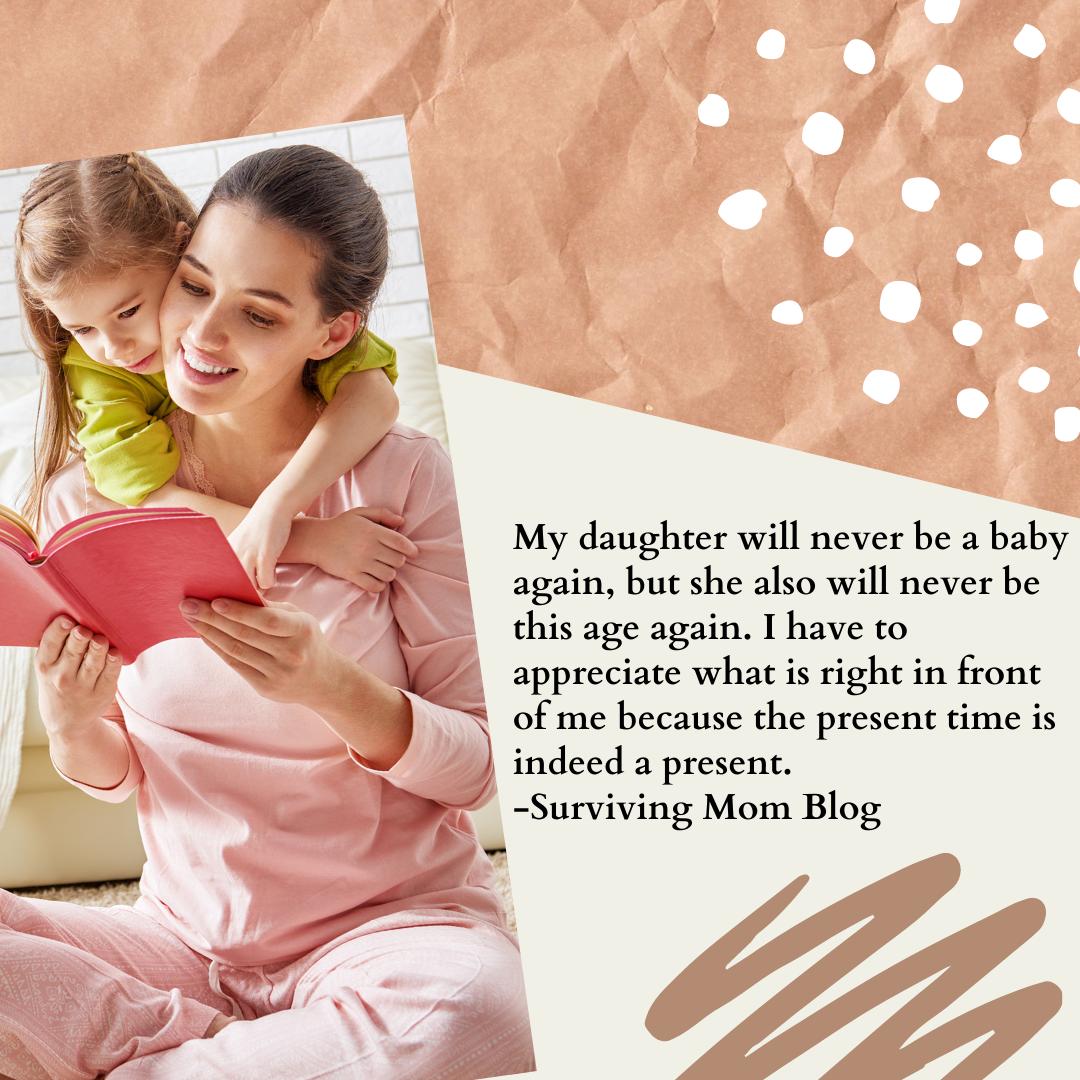
I spent too many years not living in the moment with my child. I’ve realized that I need to savor the joys that come with whatever stage of life she is in currently. My daughter will never be a baby again, but she also will never be this age again. I have to appreciate what is right in front of me because the present time is indeed a present.
Embracing the present does not mean that you are going to love every second of it. Far from it. It is perfectly okay and normal to be cranky and want more sleep when dealing with a screaming baby. It is okay to have the desire to put cotton balls in your ears if you hear your toddler whine one more time.
Each stage of life has its challenges, but it is also important to appreciate the beauty of each stage.
Take the time to savor the moment when your child is sleeping peacefully in your arms. When your child wants nothing more than to be with you, remember that there will come a day when friends, significant others and the outside world will compete with you for that leading role. It is difficult and frustrating to be needed so deeply, but it is also such a privilege. Learning to hold space for both is the key to living in the moment.
As for me, I am doing my best to learn from the error of my former ways.
I strive to live in the moment. I appreciate the benefits that come with having a child who is not yet a pre-teen, but not a little girl either.
Now I can have deeper conversations with my daughter. She is more self-sufficient, but she wants to be with me and still looks to me for comfort and safety. My daughter is learning to rely on herself, but she still needs me.
She is currently homeschooled, so I get to have extra time with her. I still struggle with lack of free time, but I appreciate that I get this time with her. When she went to school, I felt that by the time she got home, had a snack, and did her homework, it was time for her to get ready for bed.
Now we have all the time in the world together, and I am trying to live in the moment and appreciate that as much as possible.
Brielle now loves reading, so she will sometimes sit next to me on the couch as we each read a book. Other times she will sit with me and I’ll read her a book or we take turns reading to each other. She also loves writing, so I got her a journal and we will each write in our own journals. My daughter still looks at me lovingly and tells me that I’m the best Mommy in the world. I cherish that, as I do all the benefits that come with living in the moment.
Parenting at this age is not a piece of cake, as she is more defiant and argumentative. However, the truth is that every stage of parenting is going to have challenges. For every obstacle you get passed in one stage, a new one inevitably pops up in the next stage. The truth is, parenting will always have its challenges. Those challenges simply change with time. Learning to accept that allows one to embrace living in the moment as opposed to trying to change it.
I will always look back wistfully at the years passed.

I will sneak a peek at her baby books and cry at old photos. However, I am now taking the time to savor all the benefits that come with loving and accepting exactly who my daughter is currently. I can miss who she was, but I wouldn’t change who she is now for anything. With that acceptance I have found a peace of mind that I never had in parenting prior. I cannot control the passing of time, but I can control how I choose to spend my current time. I hope that is something that resonates with each of you so that you too can live in the moment and embrace it.
